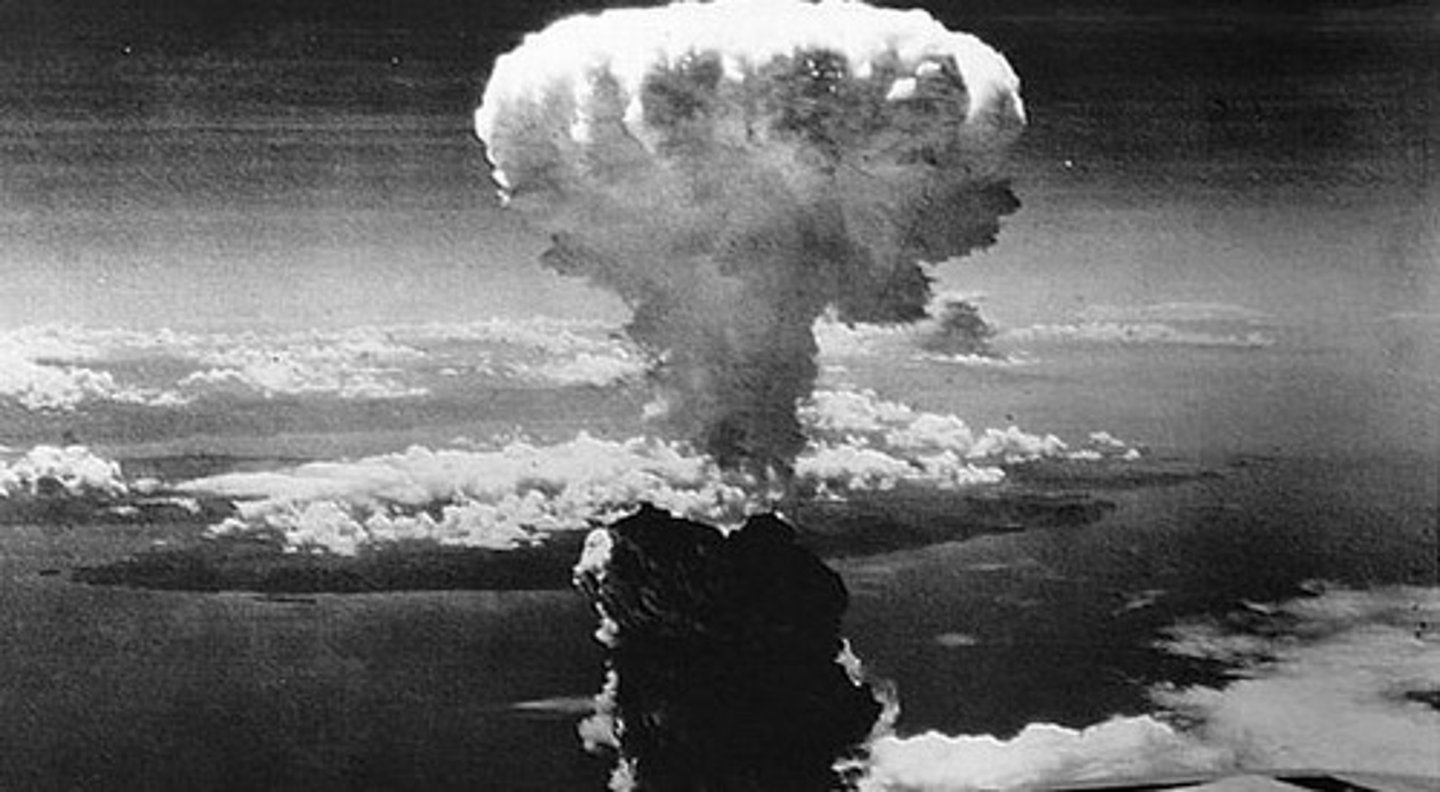Unit 6: Genocide, Wars, and Our Universe of Obligation
1/80
There's no tags or description
Looks like no tags are added yet.
Name | Mastery | Learn | Test | Matching | Spaced |
|---|
No study sessions yet.
81 Terms
Alliance System
a network of treaties and alliances between European powers intended to maintain balance but ultimately led to a large-scale war by dividing Europe into two rival camps.
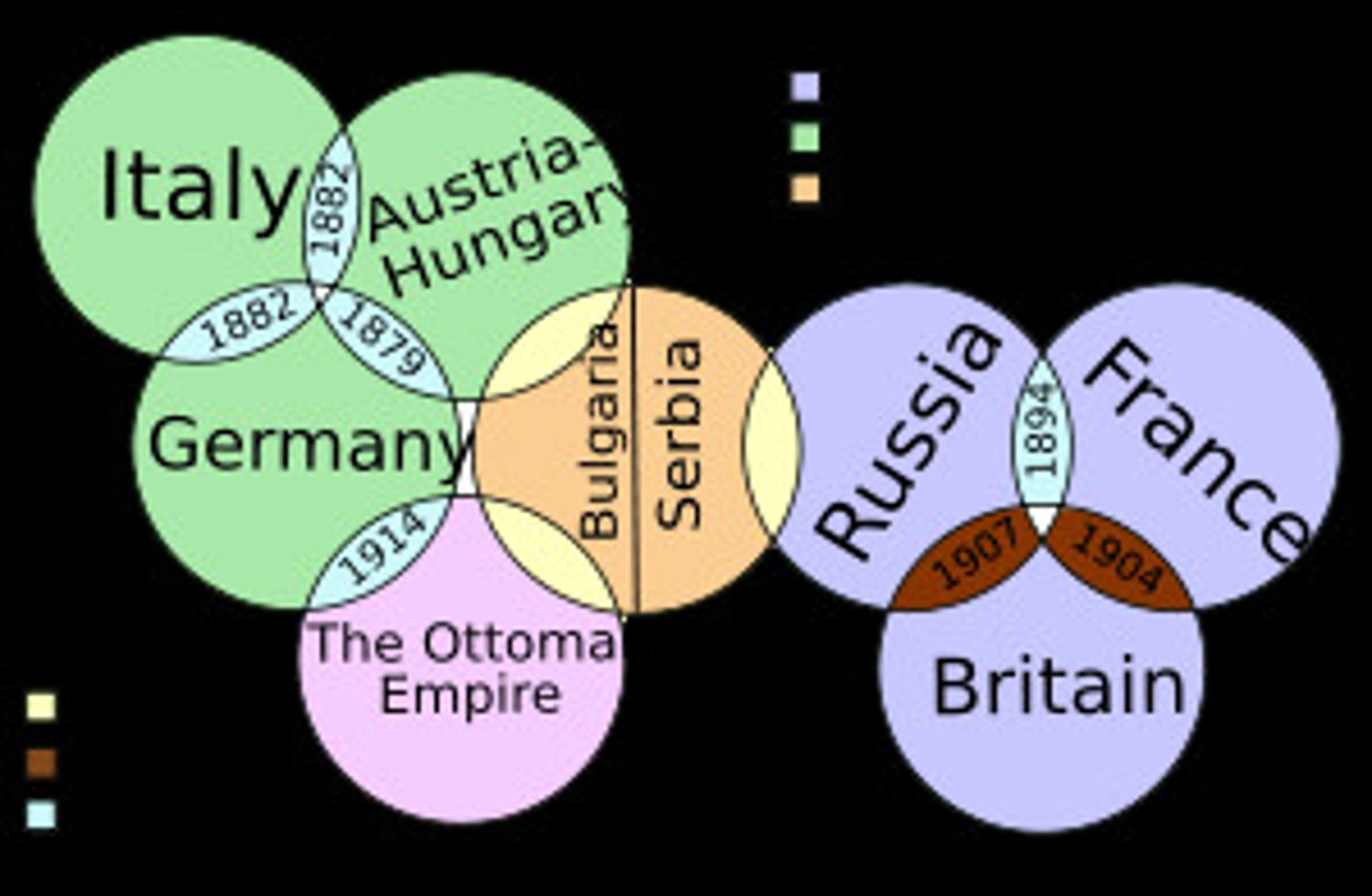
Triple Alliance (Central Powers)
a military alliance originally between Germany, Austria-Hungary, and Italy (though Italy later switched sides); during the war, the Central Powers included Germany, Austria-Hungary, the Ottoman Empire, and Bulgaria.
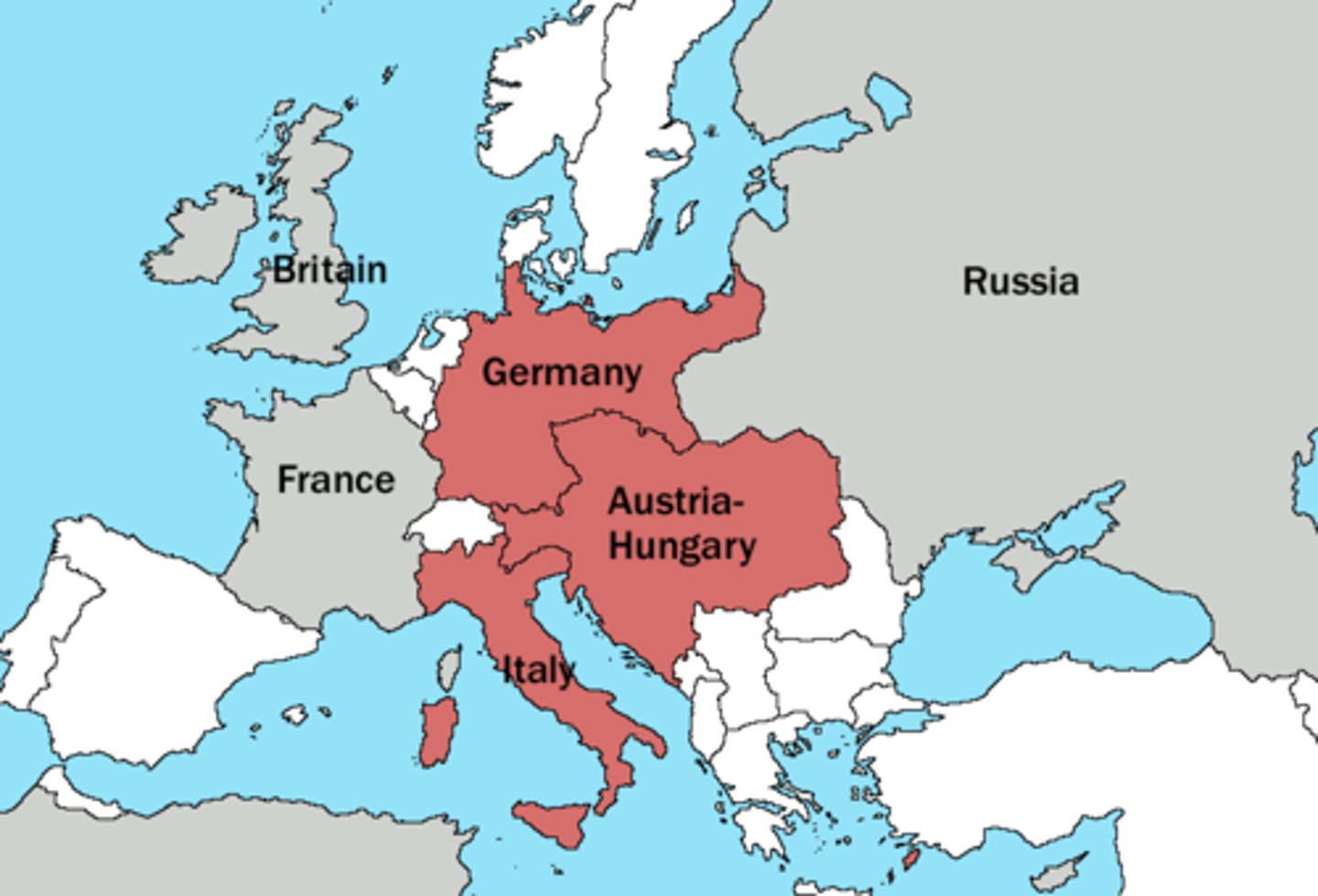
"Powder Keg" of Europe
a nickname for the Balkans, where nationalist tensions and ethnic conflicts made the region unstable and prone to conflict; the assassination of Archduke Franz Ferdinand there sparked WWI.
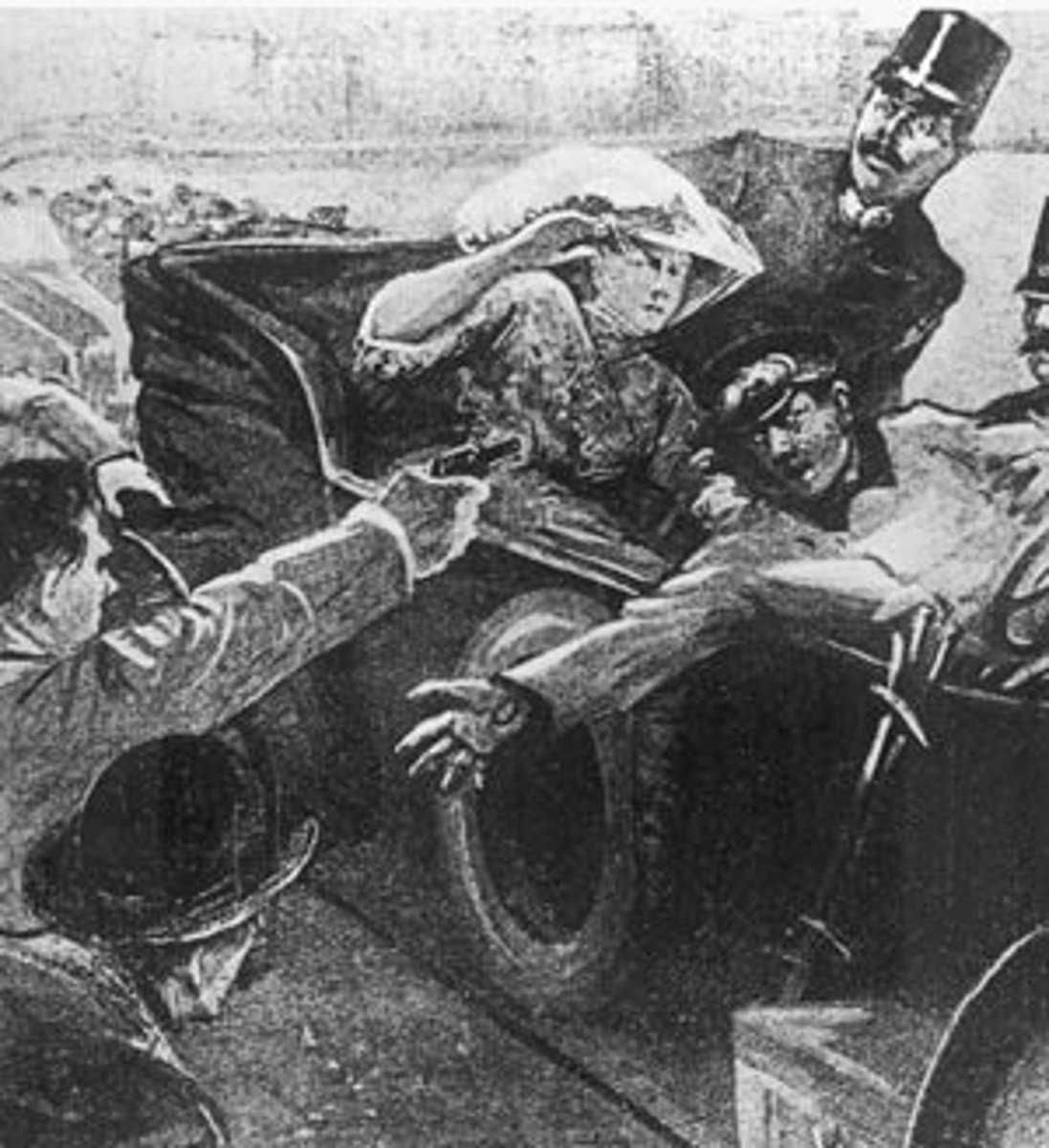
Archduke Franz Ferdinand
heir to the Austro-Hungarian throne whose assassination by a Serbian nationalist in 1914 triggered the series of events that led to World War I.
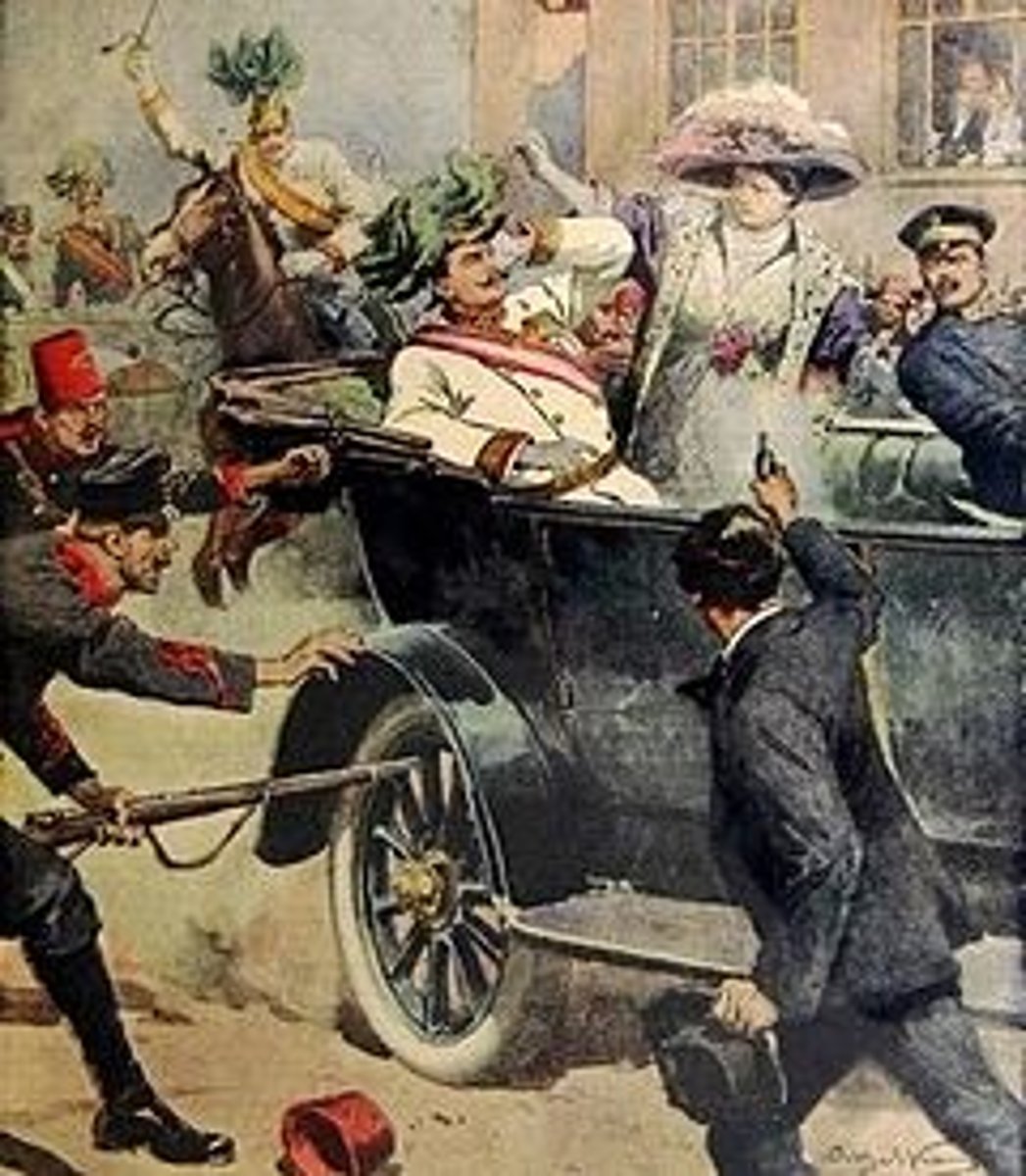
Otto von Bismarck
the German chancellor who unified Germany in the 1870s and built a system of alliances to prevent war, though his dismissal in 1890 led to more aggressive German policies.
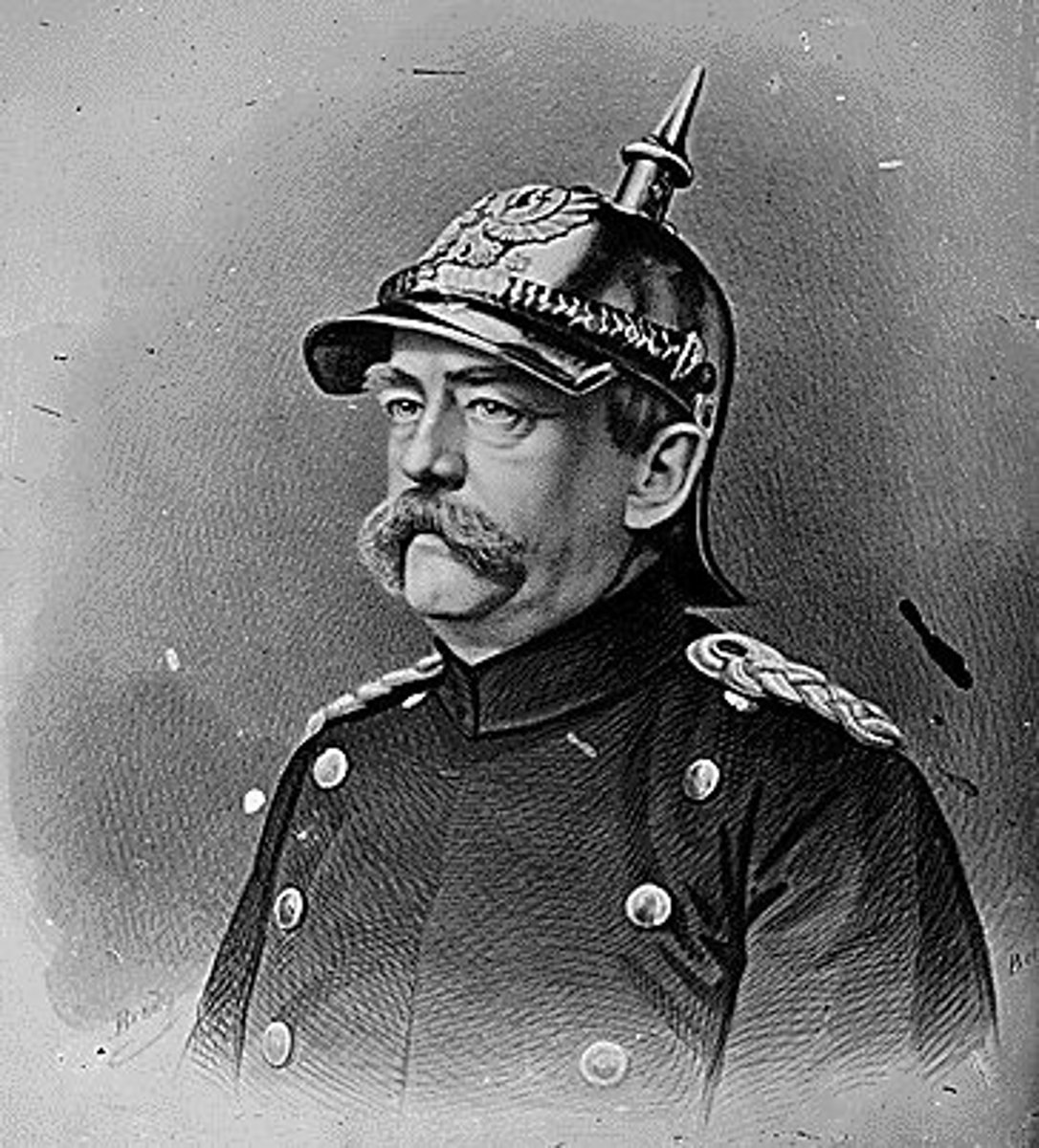
Russian Revolution
the 1917 uprising in which the Bolsheviks overthrew the Tsar, leading Russia to withdraw from WWI and sign the Treaty of Brest-Litovsk with Germany.
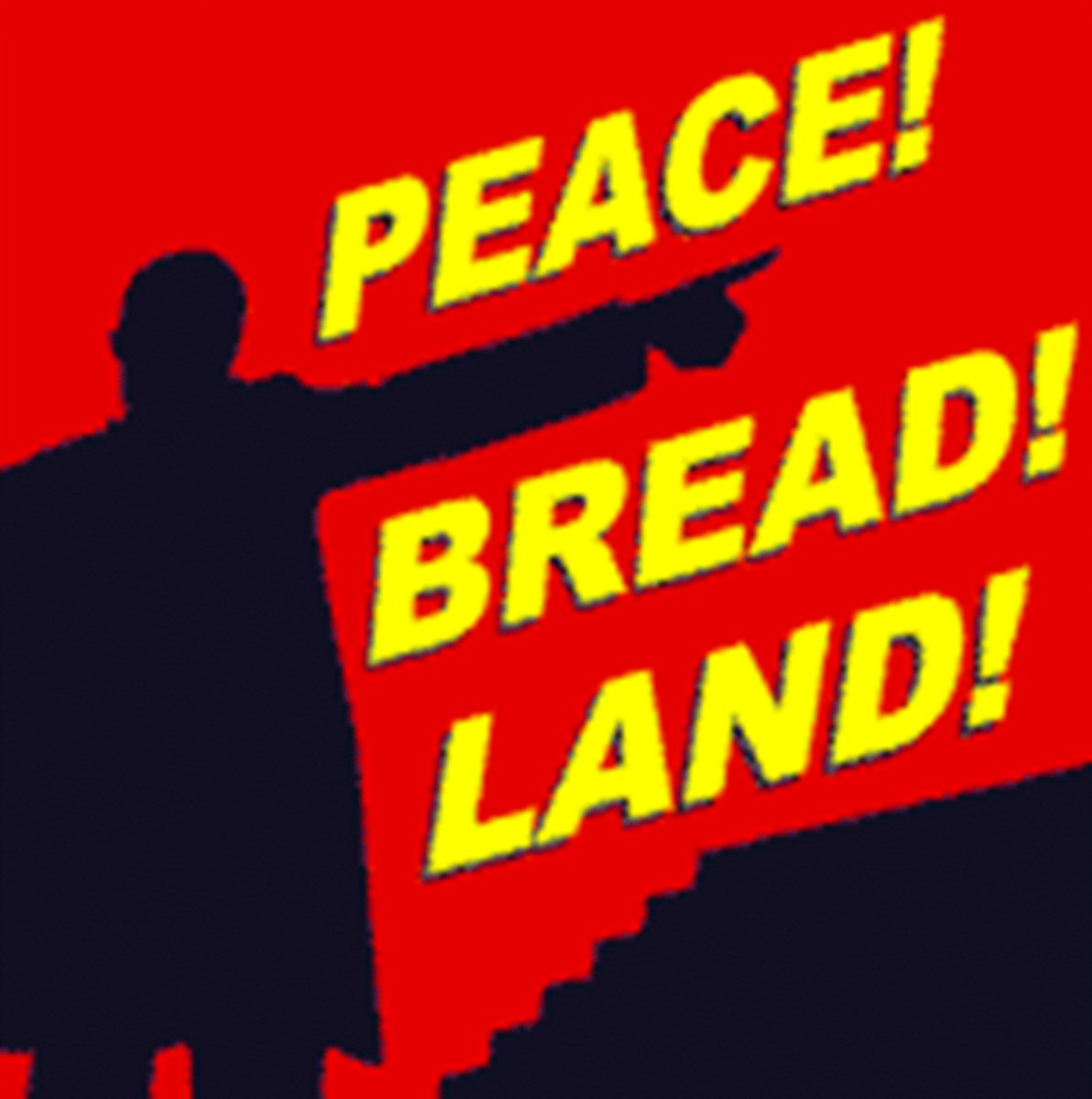
Treaty of Versailles
the 1919 peace agreement that ended WWI, placed full blame on Germany, imposed harsh reparations, and redrew European borders, contributing to future unrest.
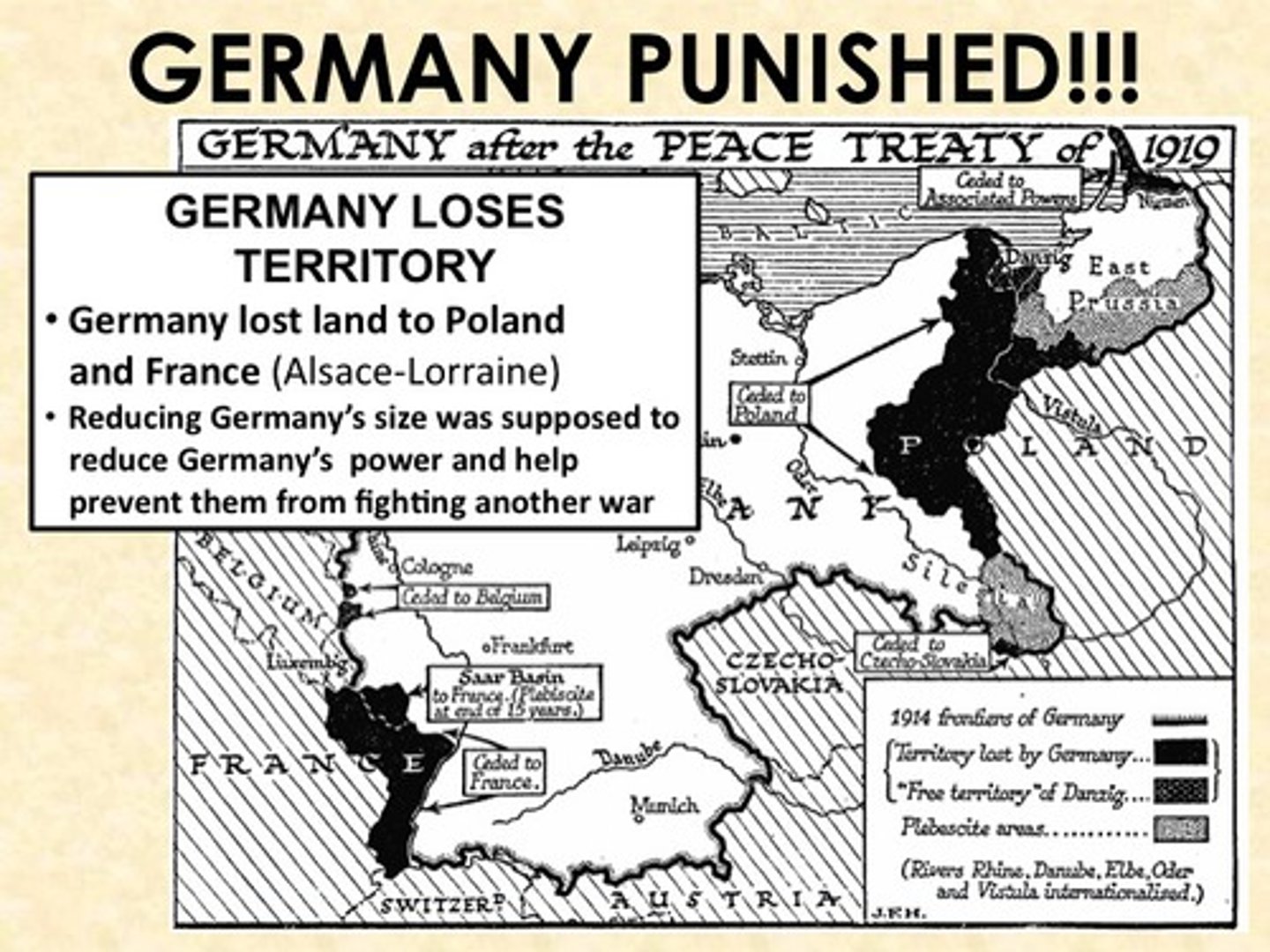
Women's Rights (WWI context)
during the war, women took on roles in factories, farms, and offices, significantly advancing the women's suffrage movement in countries like Britain and the United States.
Defense Spending of WWI
European nations dramatically increased military budgets before and during the war, leading to an arms race that heightened tensions and militarized diplomacy.
Ottoman Empire
a member of the Central Powers whose defeat led to its collapse and the partitioning of its territories, especially in the Middle East.
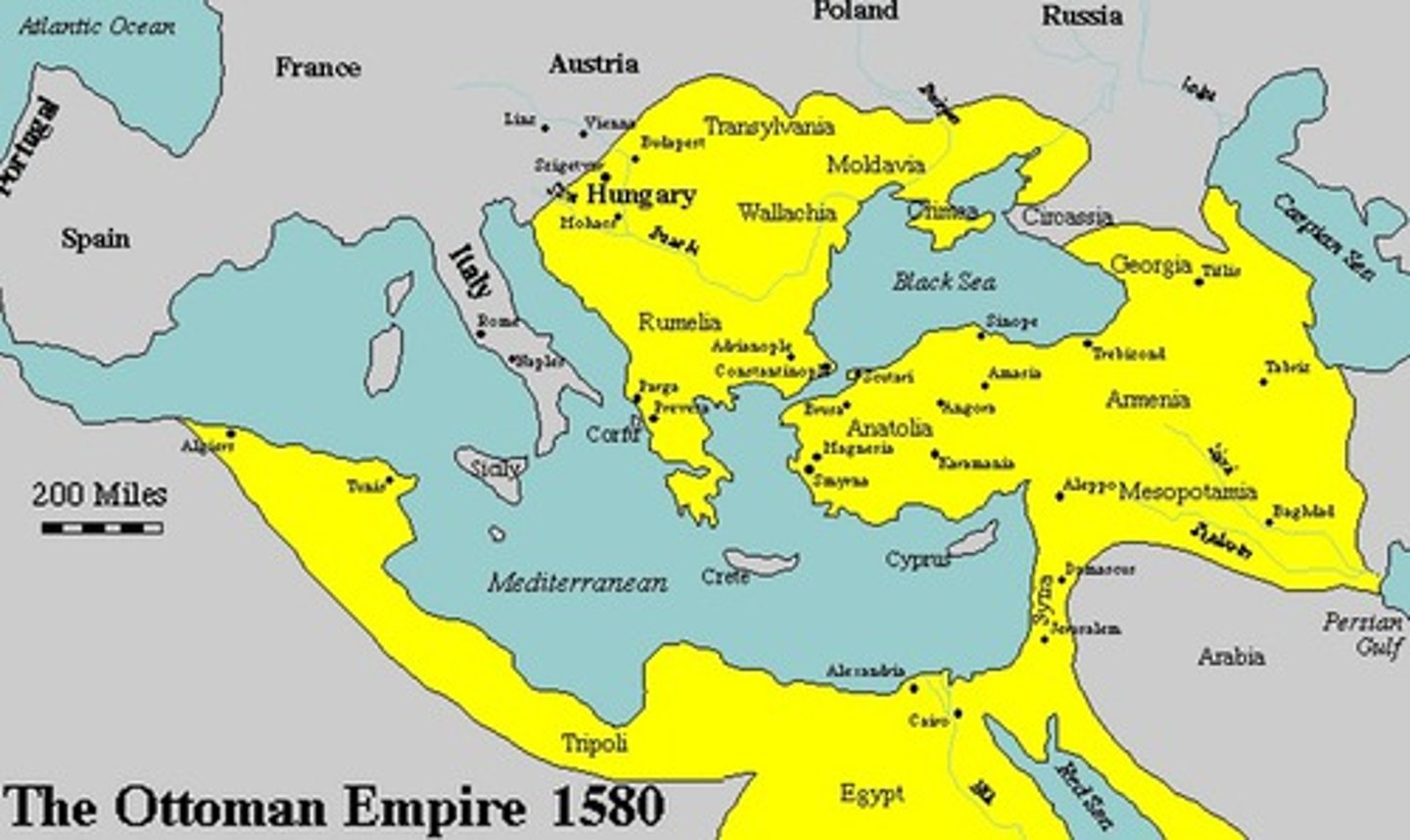
Sykes-Picot Agreement
a secret 1916 deal between Britain and France (with Russia's consent) to divide Ottoman-controlled lands in the Middle East, ignoring local populations and sowing seeds of long-term conflict.
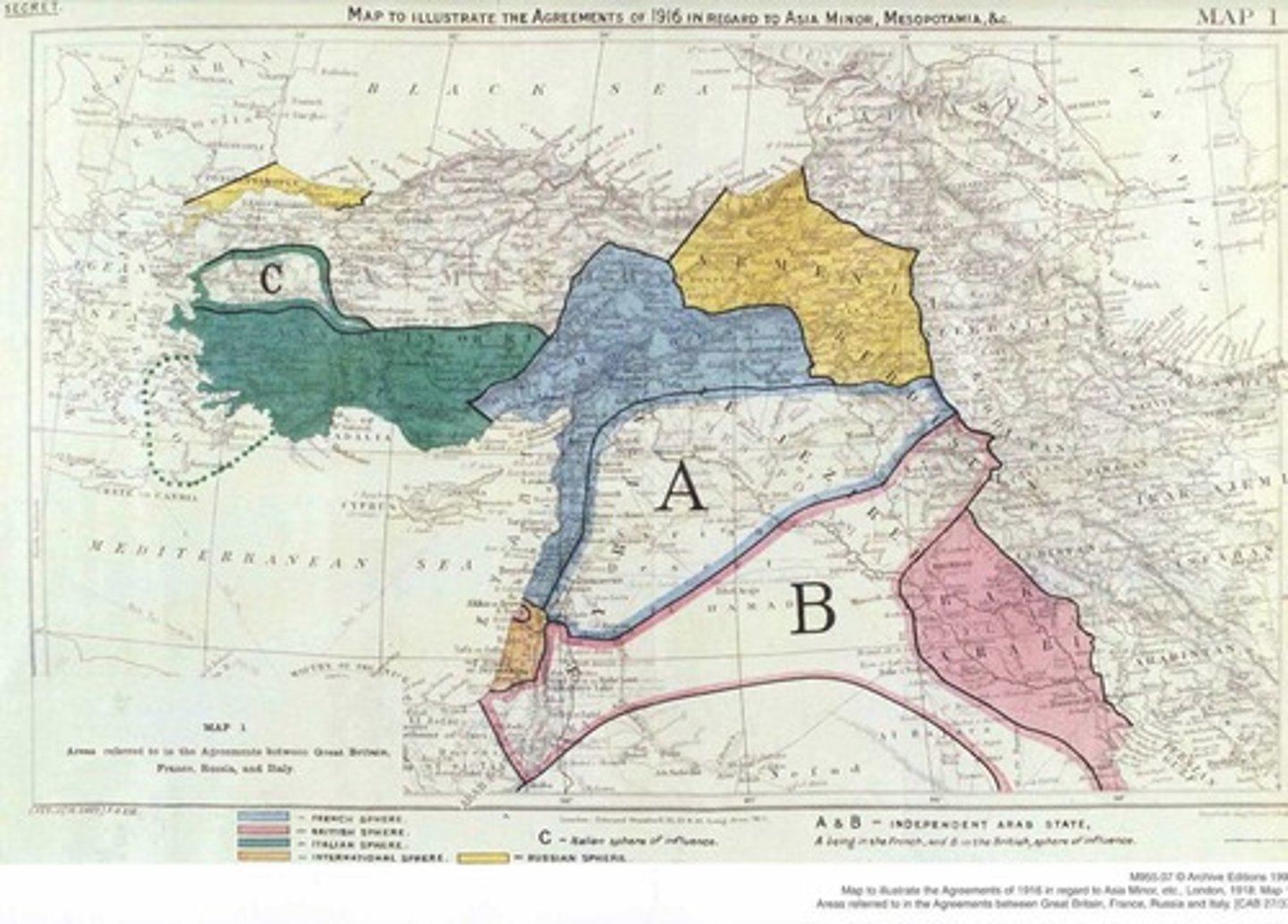
Appeasement
a policy of making concessions to an aggressor (like Nazi Germany) in hopes of avoiding conflict, most famously associated with Britain and France in the 1930s.
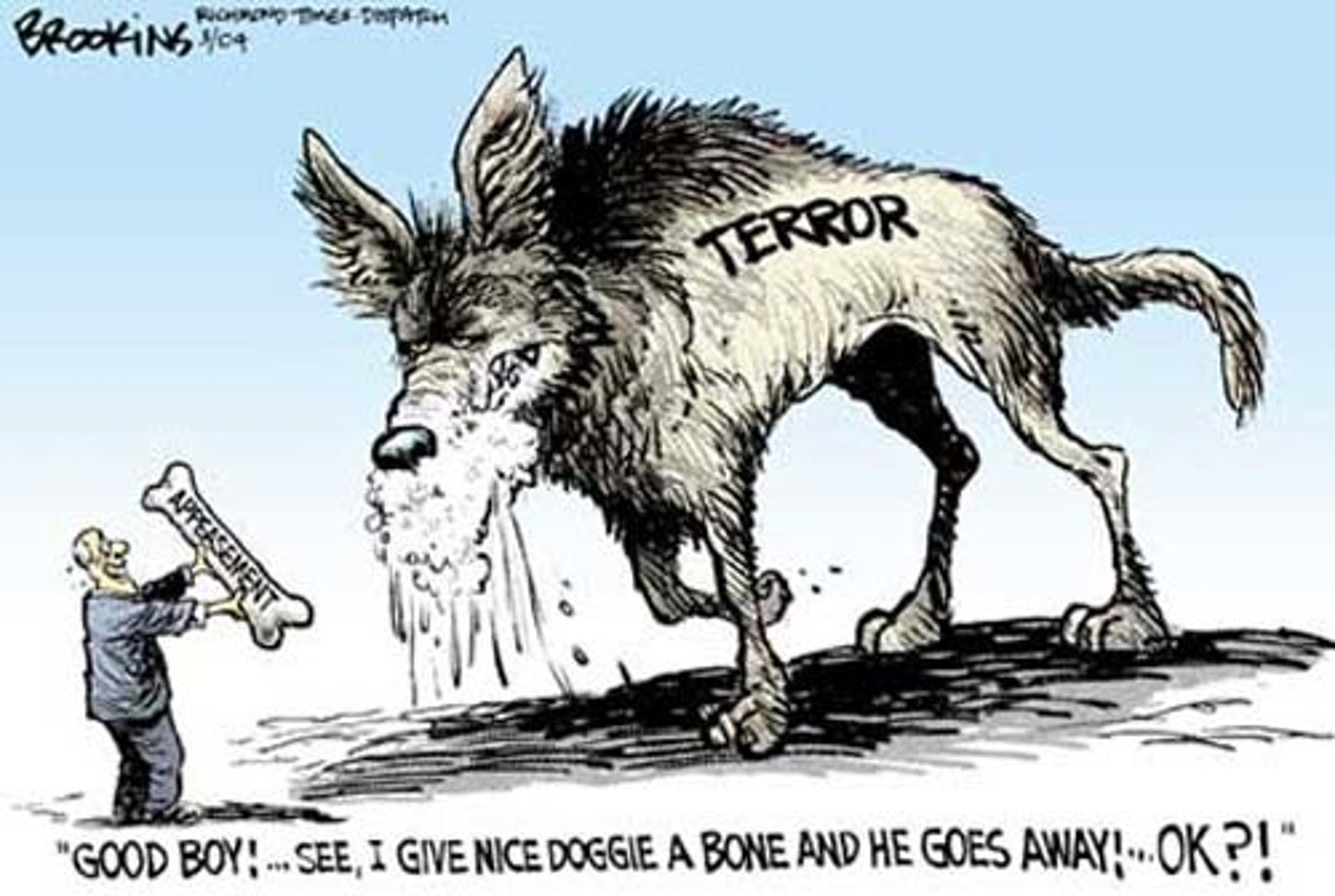
Isolationism
a policy of avoiding political or military involvement in other countries' affairs, practiced by the U.S. before entering WWII.
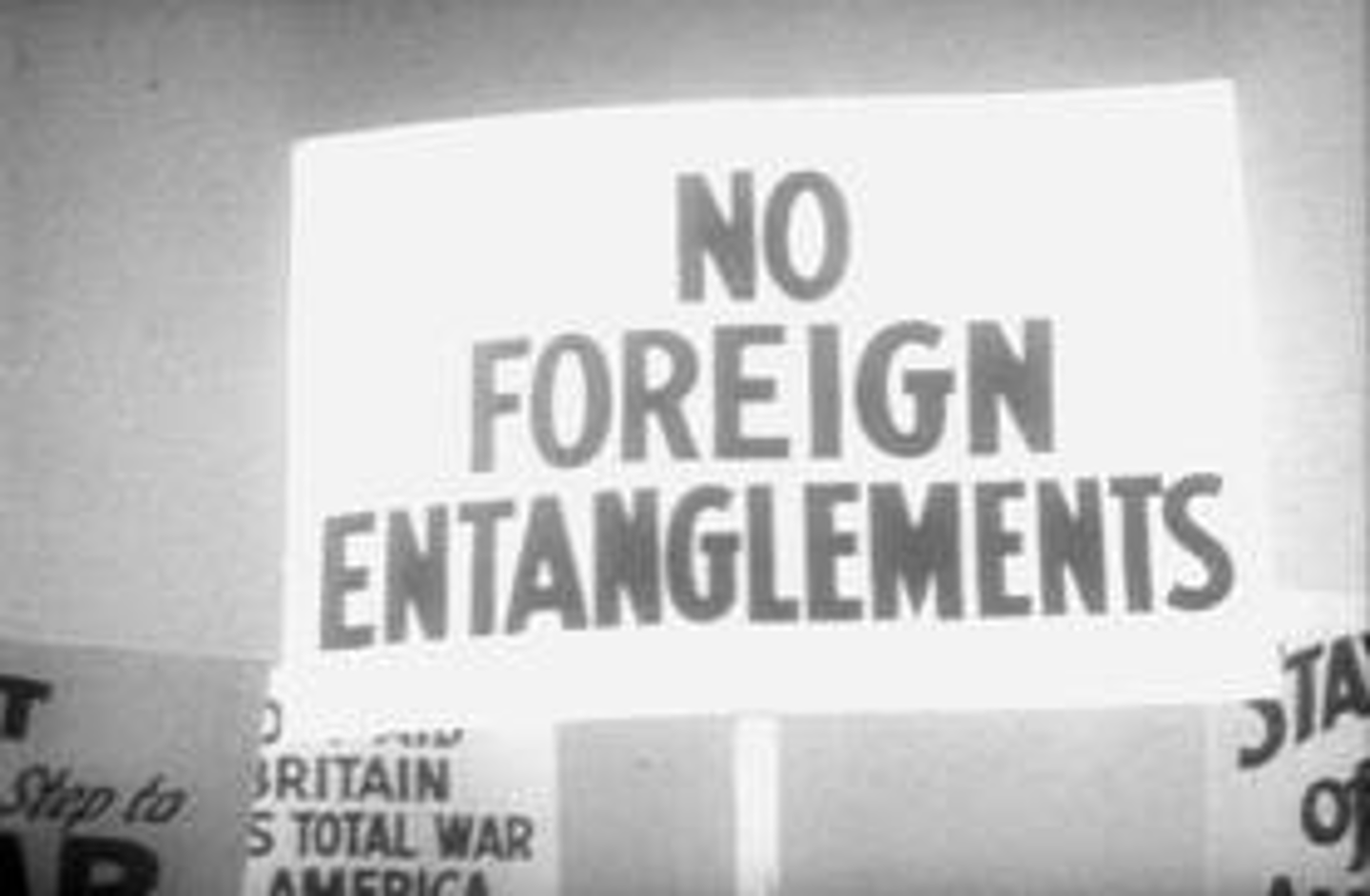
Munich Pact
a 1938 agreement in which Britain and France allowed Hitler to annex the Sudetenland in Czechoslovakia in an attempt to avoid war.
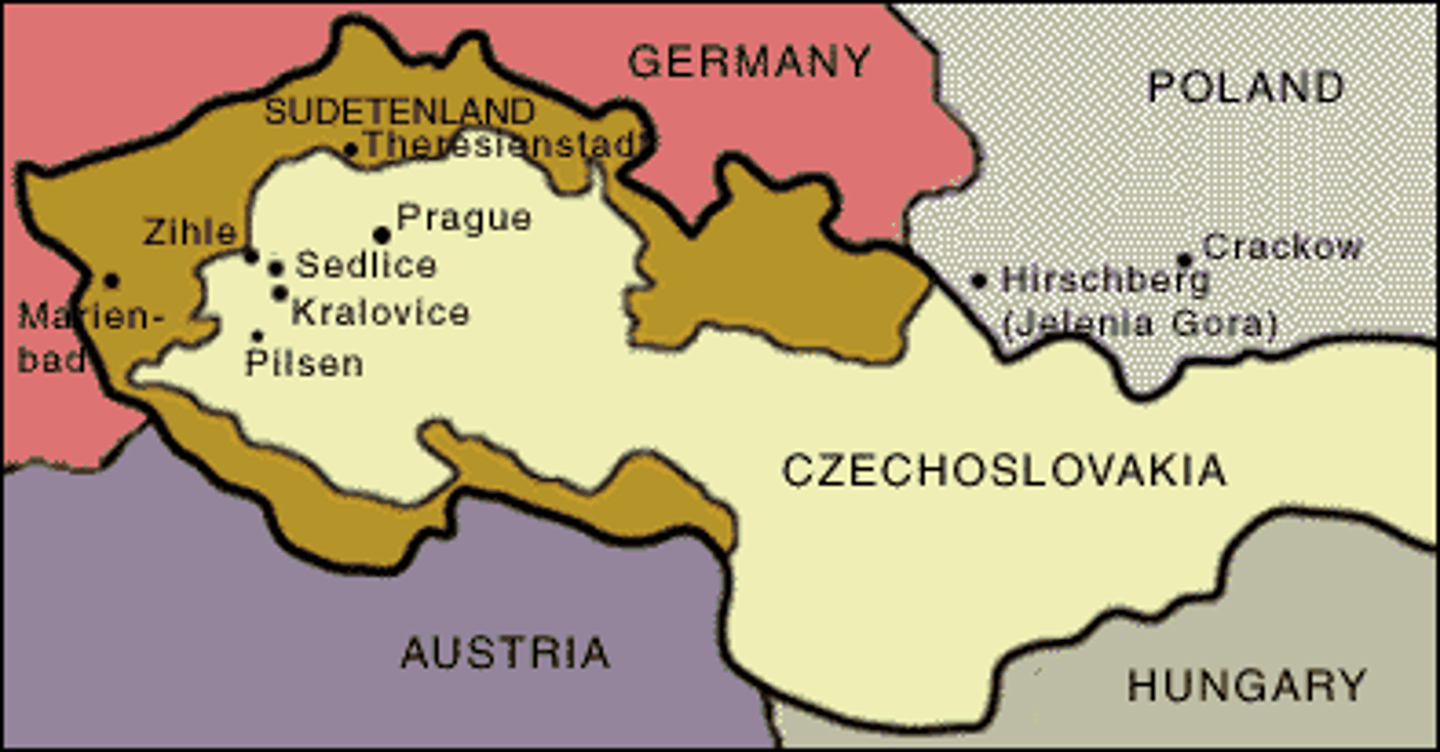
Axis Powers of WWII
the alliance of Germany, Italy, and Japan during World War II.
Non-Aggression Pact
a 1939 agreement between Nazi Germany and the Soviet Union not to attack each other, which secretly included plans to divide Eastern Europe
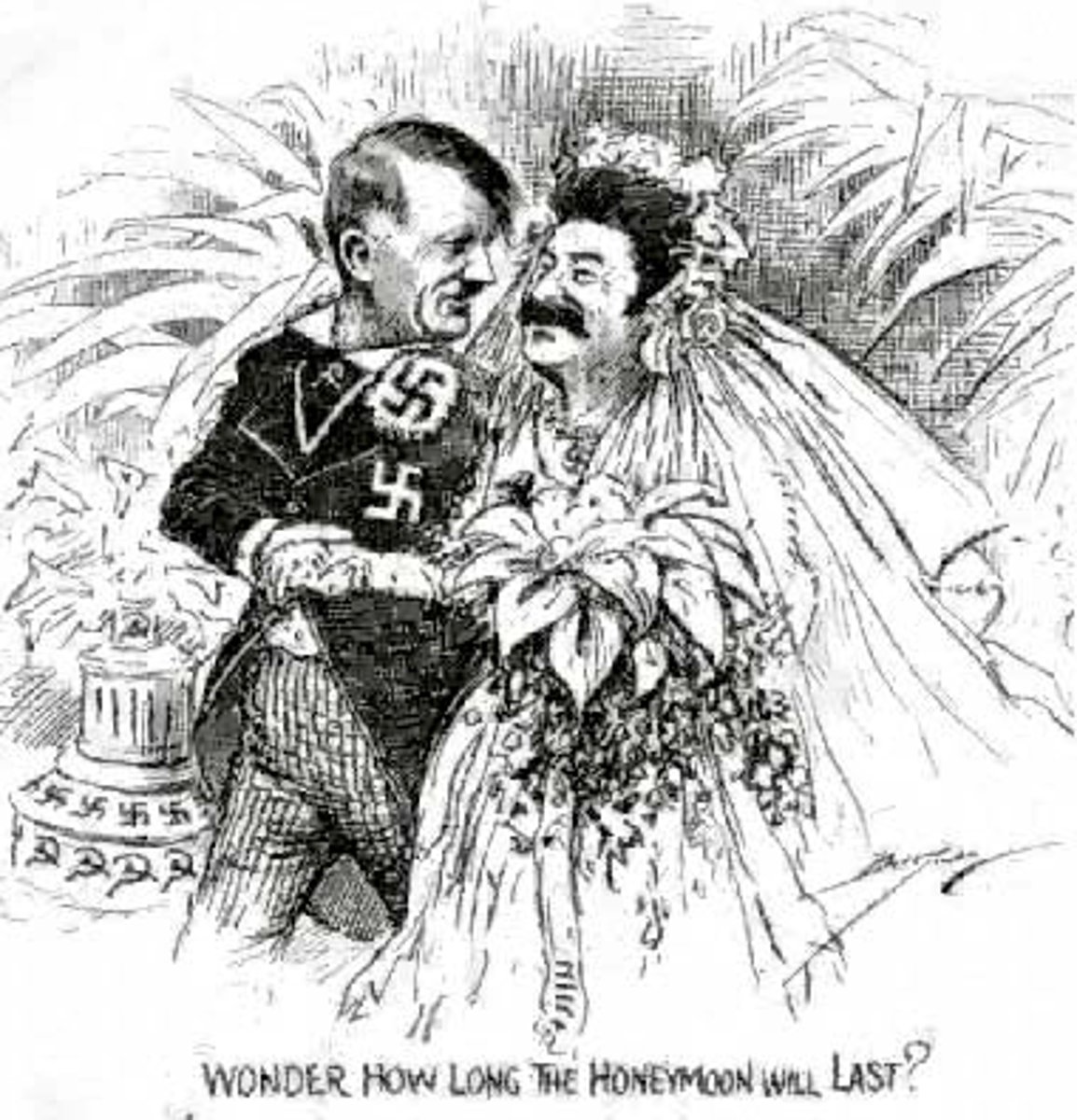
Blitzkrieg
meaning "lightning war," a German military tactic using fast-moving, coordinated attacks by planes, tanks, and infantry to overwhelm enemies.
Battle of Britain
a 1940 air campaign waged by Germany against the United Kingdom; the British Royal Air Force successfully defended the country from invasion.
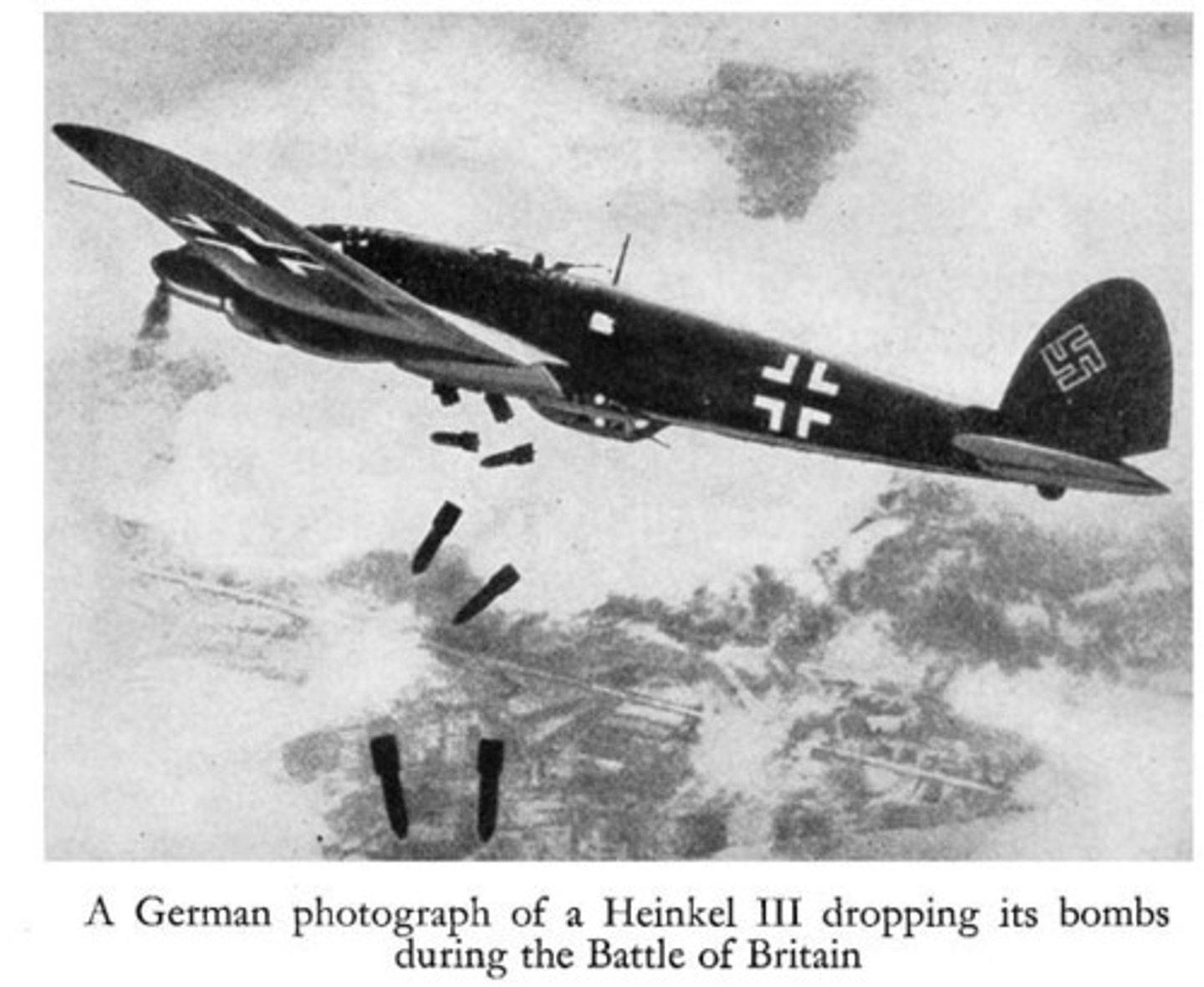
German Expansion during WWII
the aggressive annexation and invasion of neighboring territories by Nazi Germany, including Austria, Czechoslovakia, Poland, France, and more.
Japanese Expansion
Japan's military conquest of territory across East and Southeast Asia before and during WWII, including Korea, Manchuria, and parts of China and the Pacific.
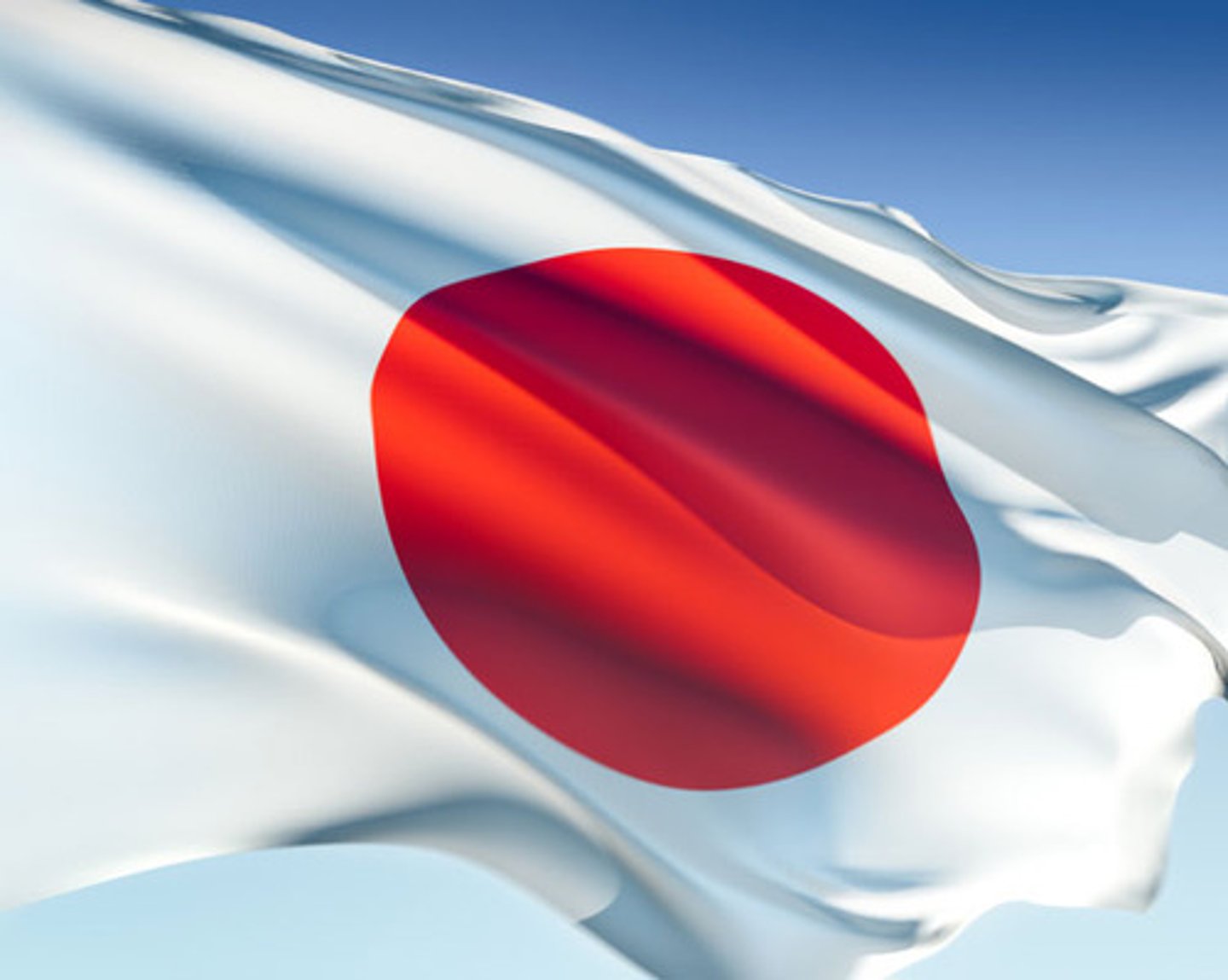
Atrocities of Nanjing (sometimes known as the rape of Nanjing)
a 1937 atrocity in which Japanese troops committed mass murder and sexual violence against civilians in the Chinese city of Nanjing.
Pearl Harbor
a surprise attack by Japan on the U.S. naval base in Hawaii on December 7, 1941, which led the U.S. to enter WWII.
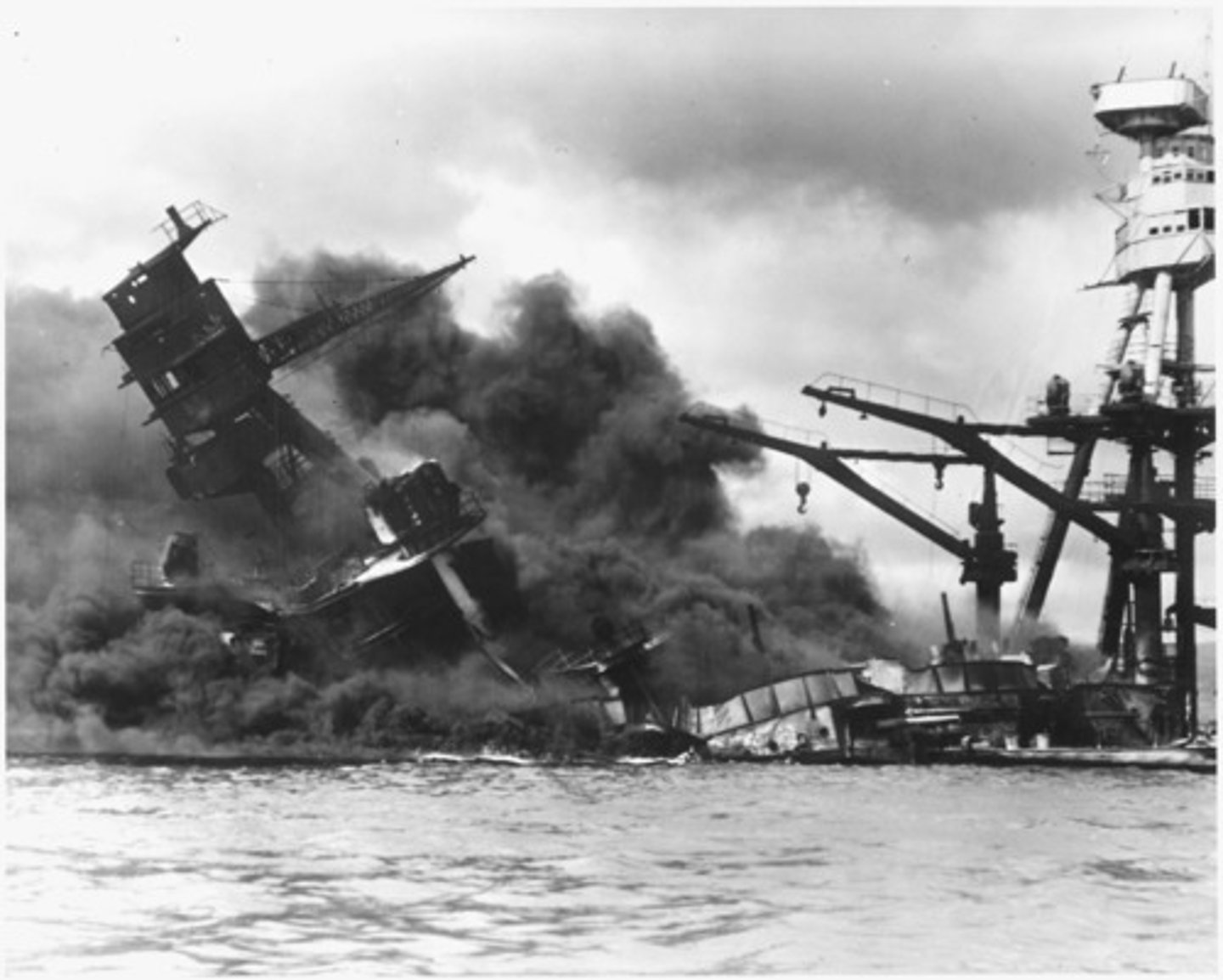
Battle of Midway
a turning point naval battle in 1942 where the U.S. defeated Japan in the Pacific, shifting the momentum of the war.
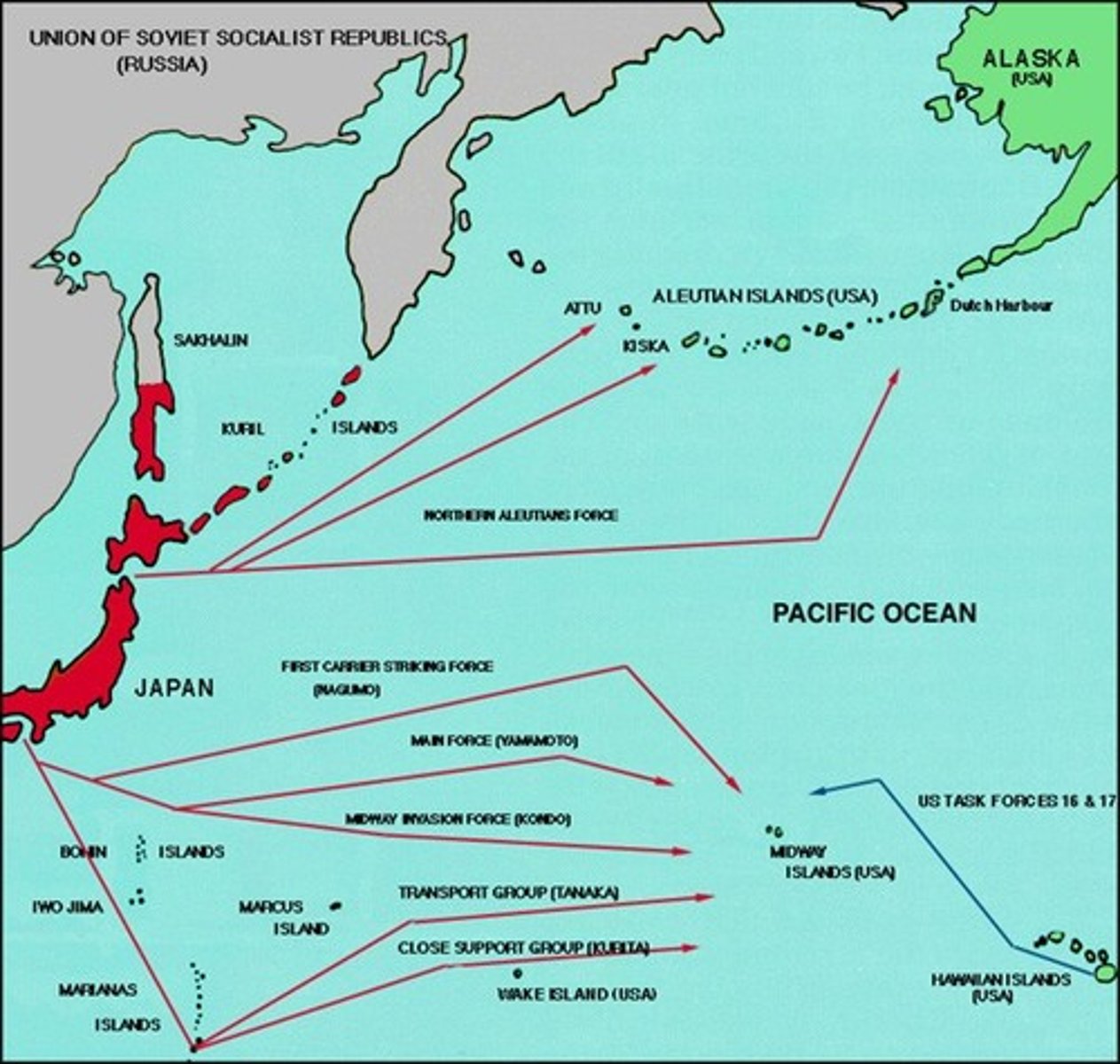
Stalingrad
a brutal 1942-1943 battle between Nazi Germany and the Soviet Union; a Soviet victory that marked a turning point on the Eastern Front.
Nuclear/Atomic Bomb
powerful weapons used by the U.S. on the Japanese cities of Hiroshima and Nagasaki in August 1945, leading to Japan's surrender.
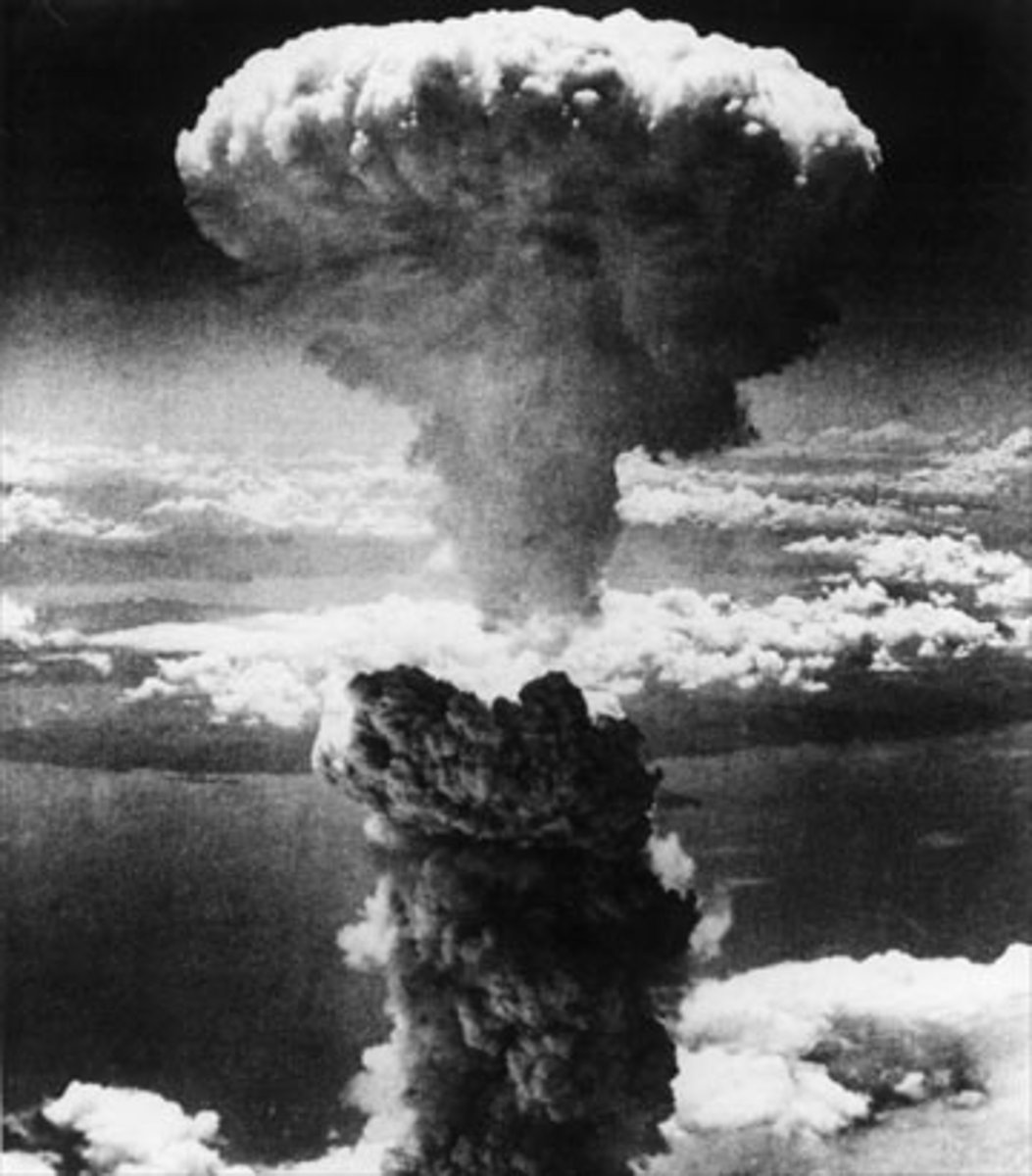
Holocaust
the systematic genocide of six million Jews and millions of others by Nazi Germany during WWII.
Milgram Shock Experiment
a psychological study on obedience to authority in which participants believed they were administering painful shocks to others, revealing how ordinary people can commit harmful acts under pressure.
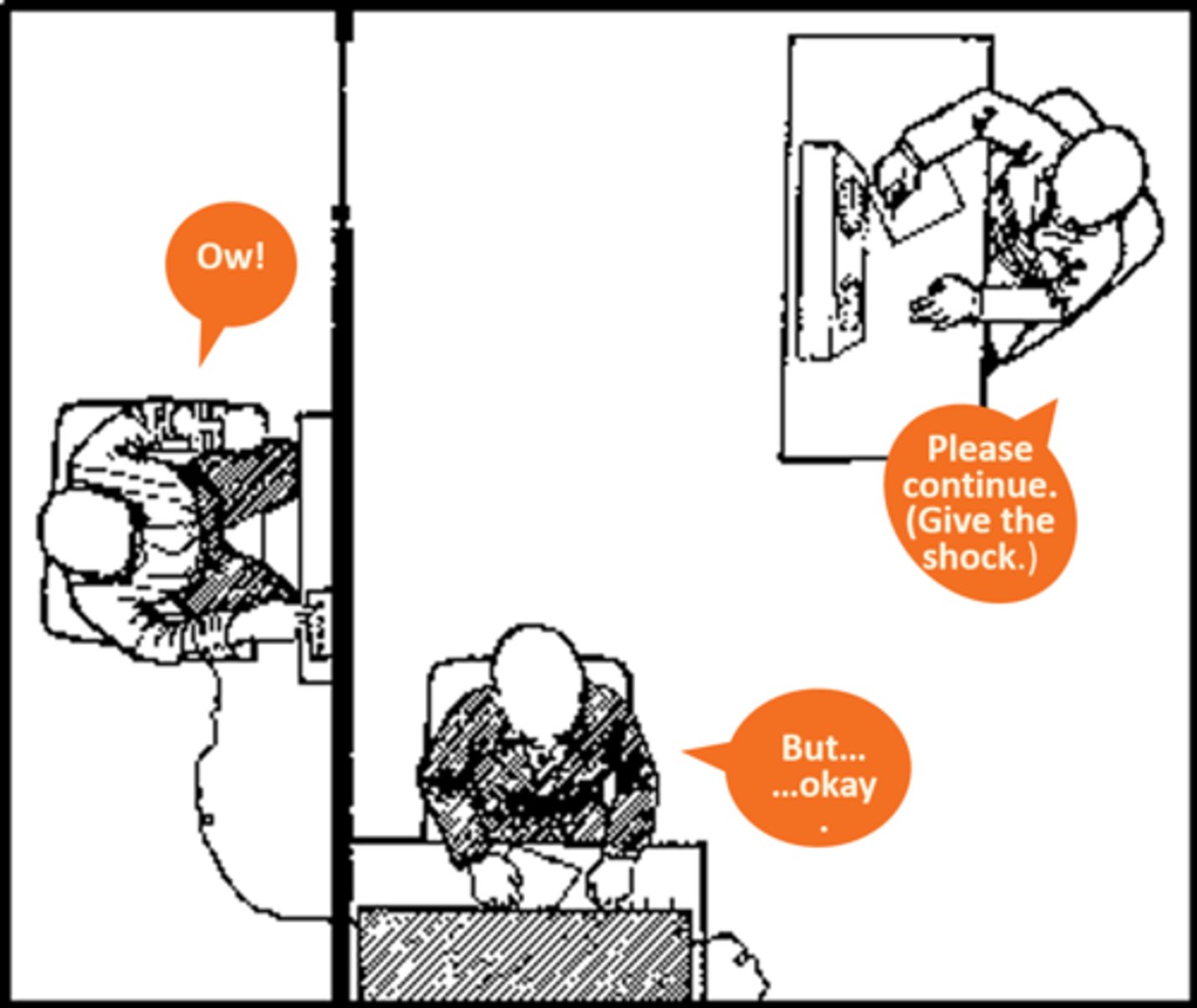
Fascism
a far-right authoritarian political ideology that promotes nationalism, militarism, and the suppression of opposition, exemplified by Mussolini's Italy.
Totalitarianism
a system of government in which the state holds total authority over all aspects of life, often through propaganda, surveillance, and repression.
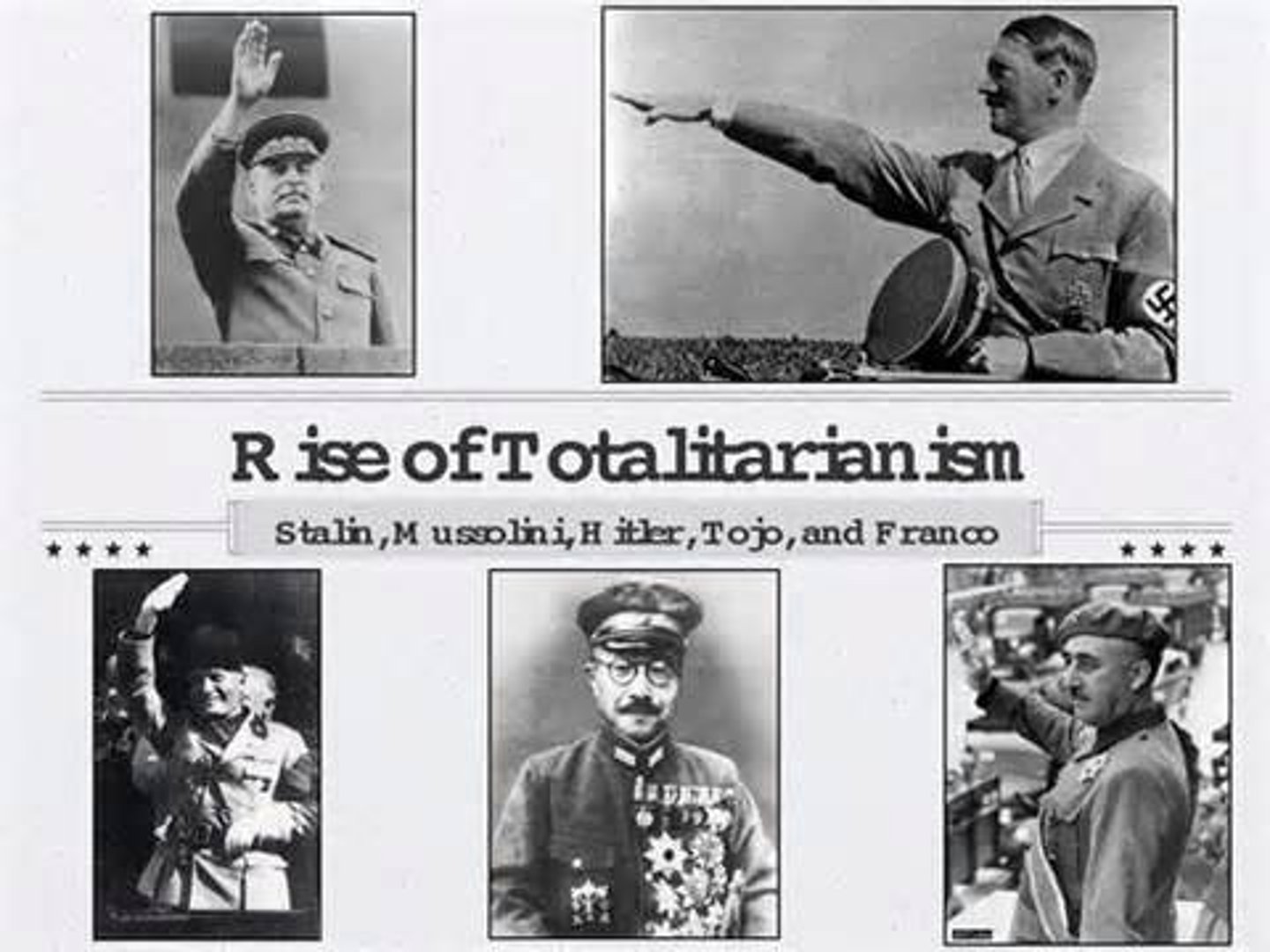
Benito Mussolini
the fascist dictator of Italy during WWII who allied with Nazi Germany and promoted aggressive nationalism and imperialism.
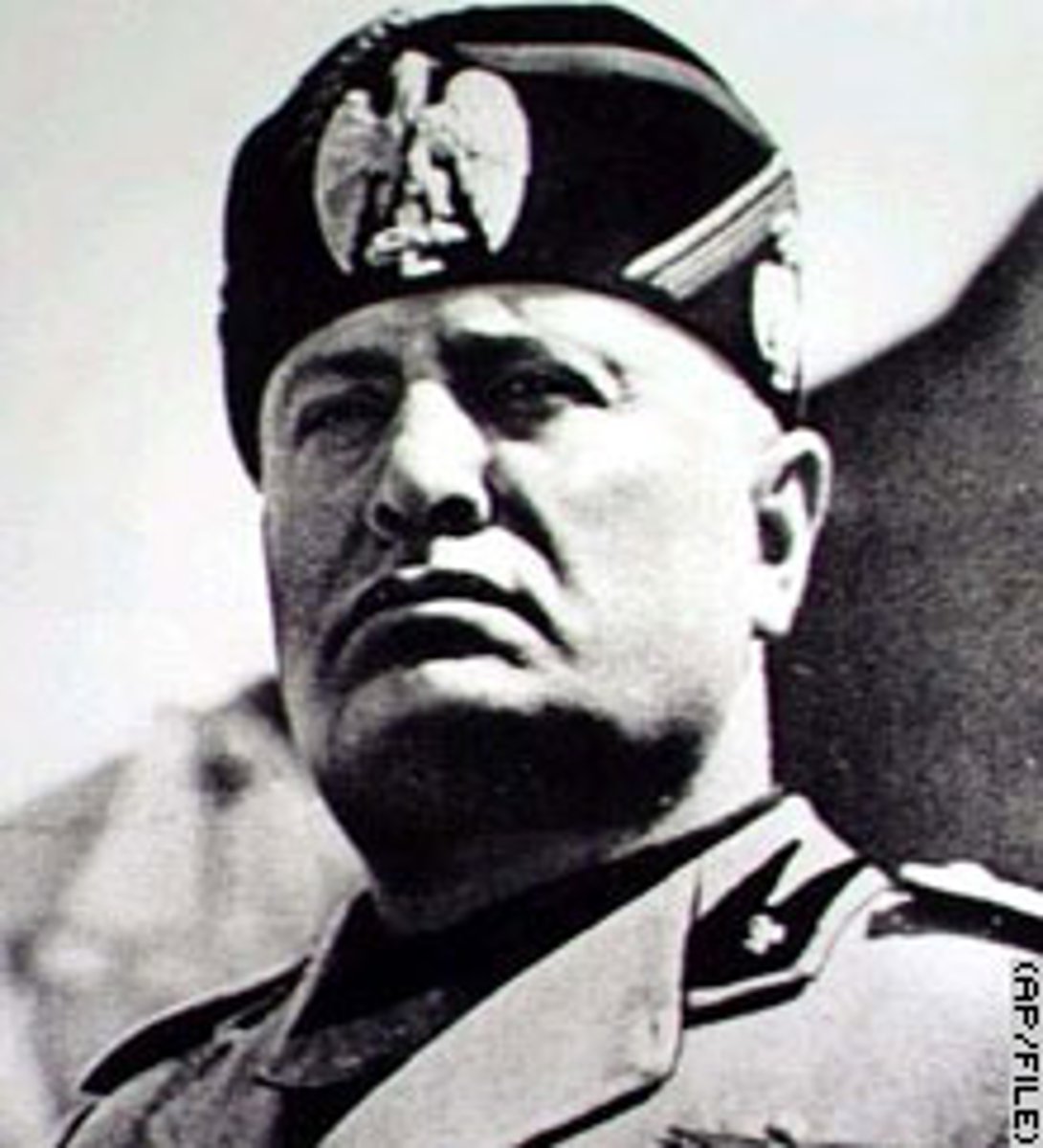
Hirohito
Emperor of Japan during WWII; though a symbolic figurehead, he was the leader of the nation during its militaristic expansion.
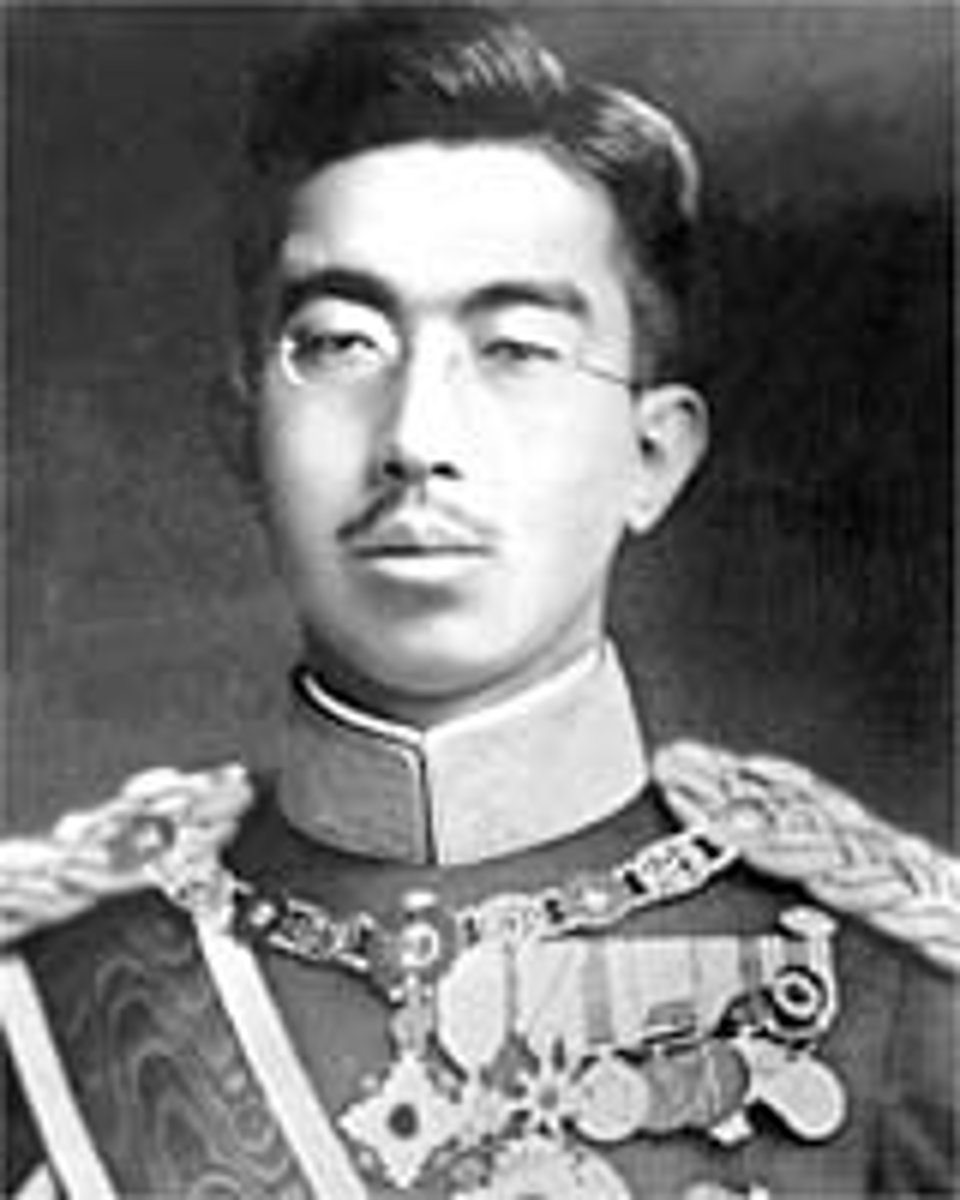
Nanjing
a major Chinese city where Japanese forces carried out mass atrocities in 1937, known as the Rape of Nanjing.
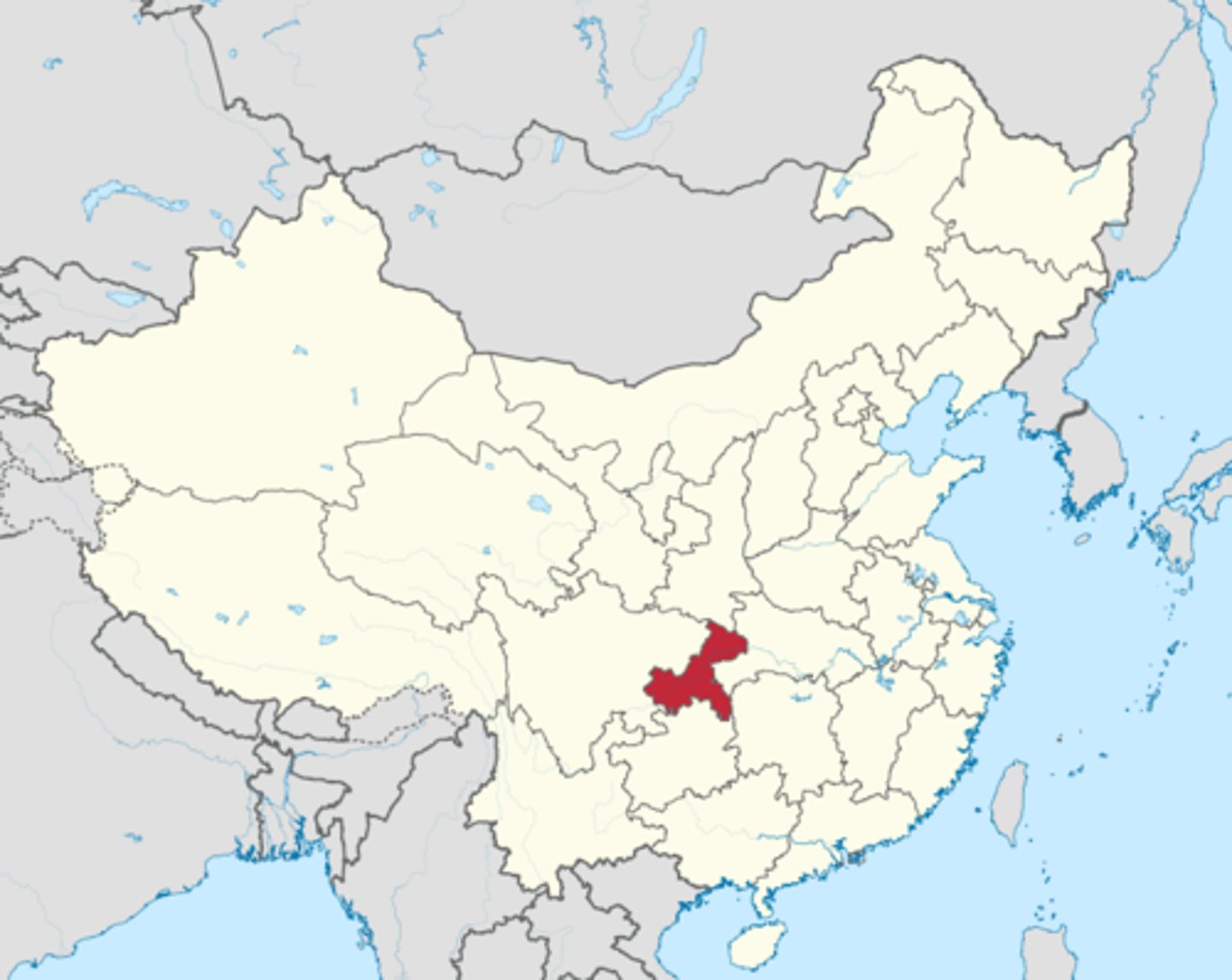
Manchuria
a resource-rich region in northeastern China invaded by Japan in 1931, marking the beginning of its imperial expansion.
Armenian Genocide
the mass killing of approximately 1.5 million Armenians by the Ottoman Empire during World War I, widely considered the first modern genocide.
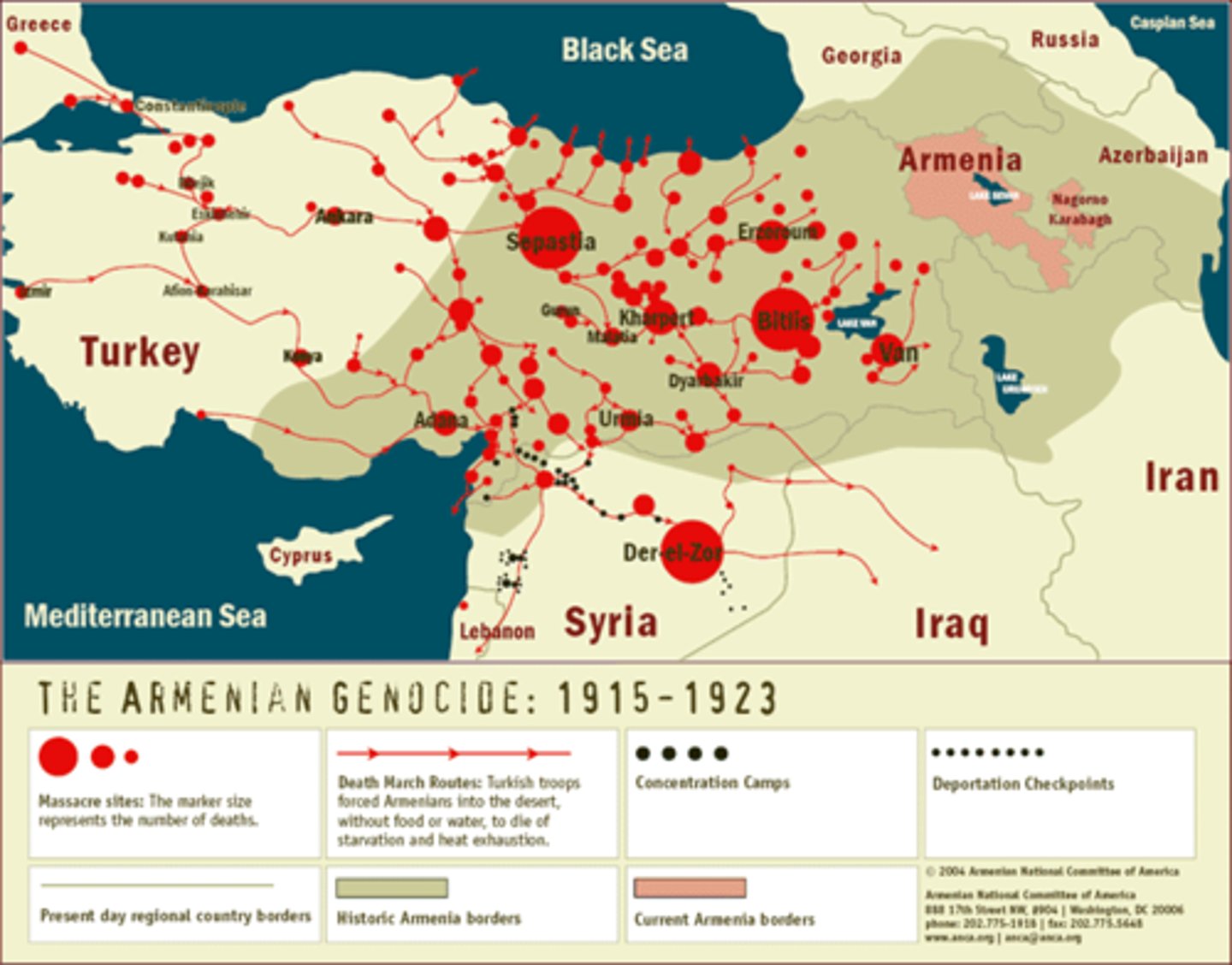
Young Turks
a nationalist reform movement in the late Ottoman Empire; leaders within the movement were responsible for orchestrating the Armenian Genocide.
Kristallnacht
or "Night of Broken Glass," a 1938 Nazi-led pogrom in which Jewish homes, businesses, and synagogues were attacked across Germany and Austria.
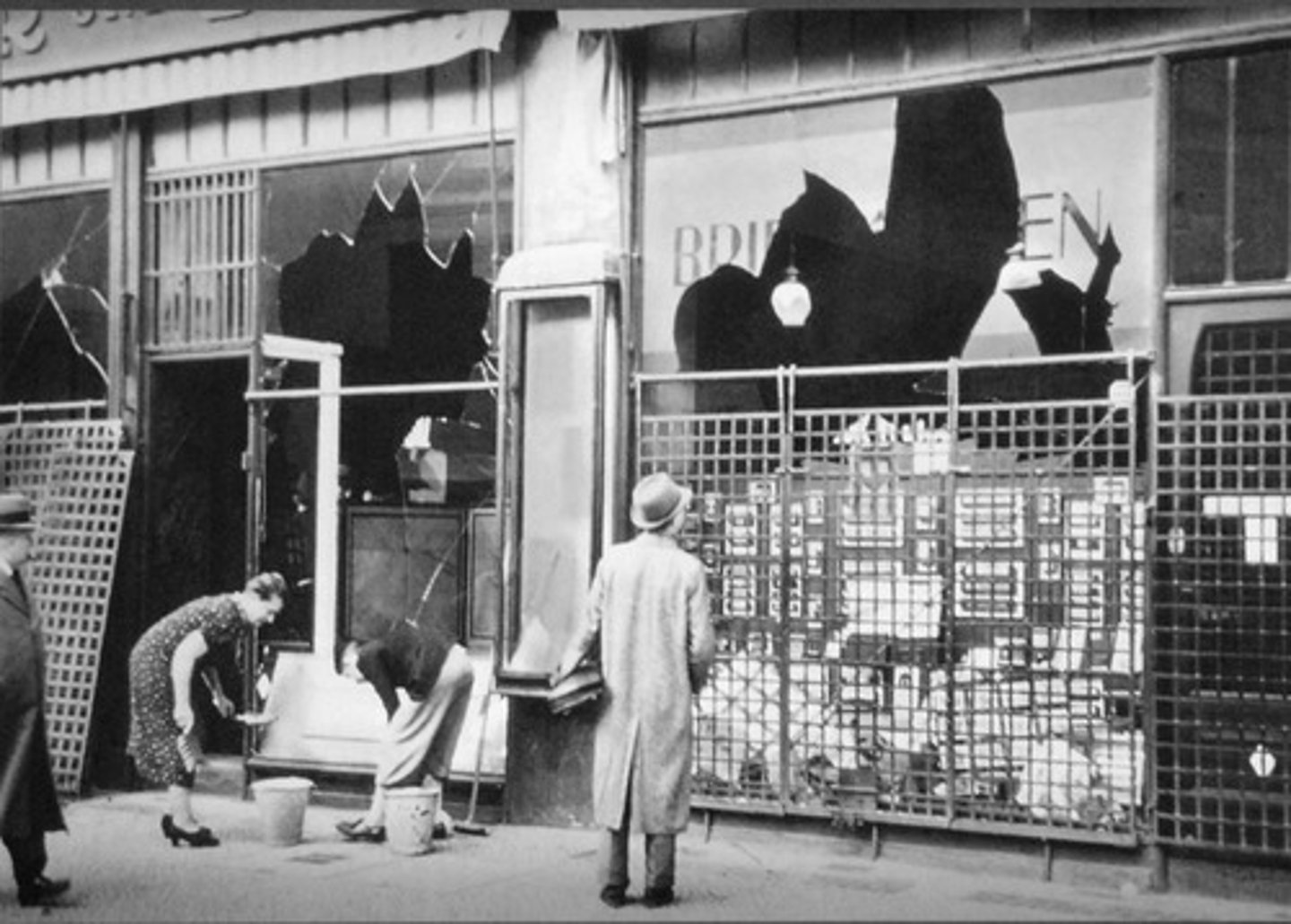
Wannsee Conference
a 1942 meeting of Nazi officials where the "Final Solution"—the plan to exterminate Europe's Jews—was formally coordinated.
Ghettos
segregated urban areas where Jews were forced to live under Nazi rule before deportation to concentration and extermination camps.
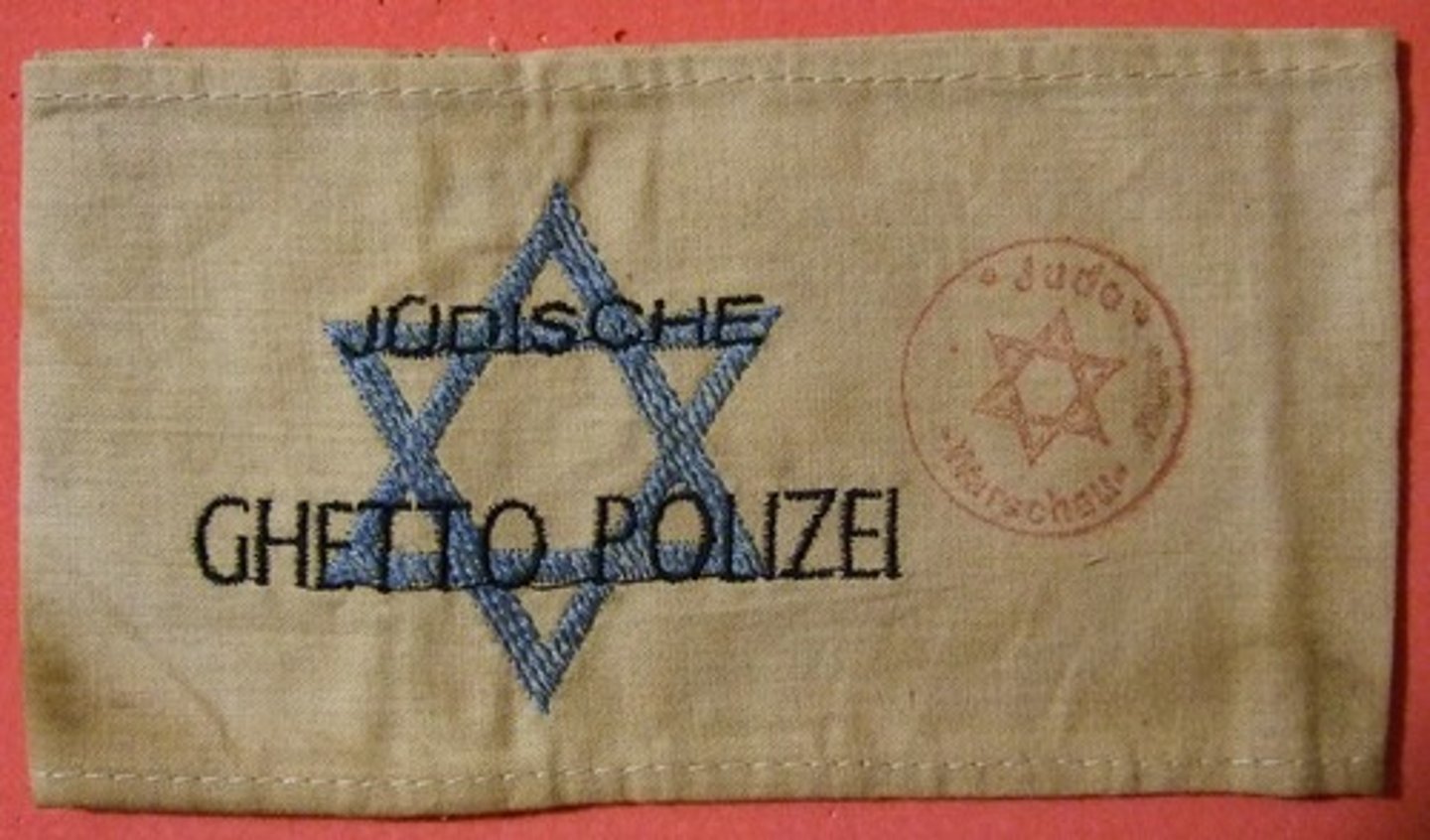
Concentration Camps
facilities where the Nazis detained, exploited, and murdered millions, including Jews, political opponents, Roma, and others.
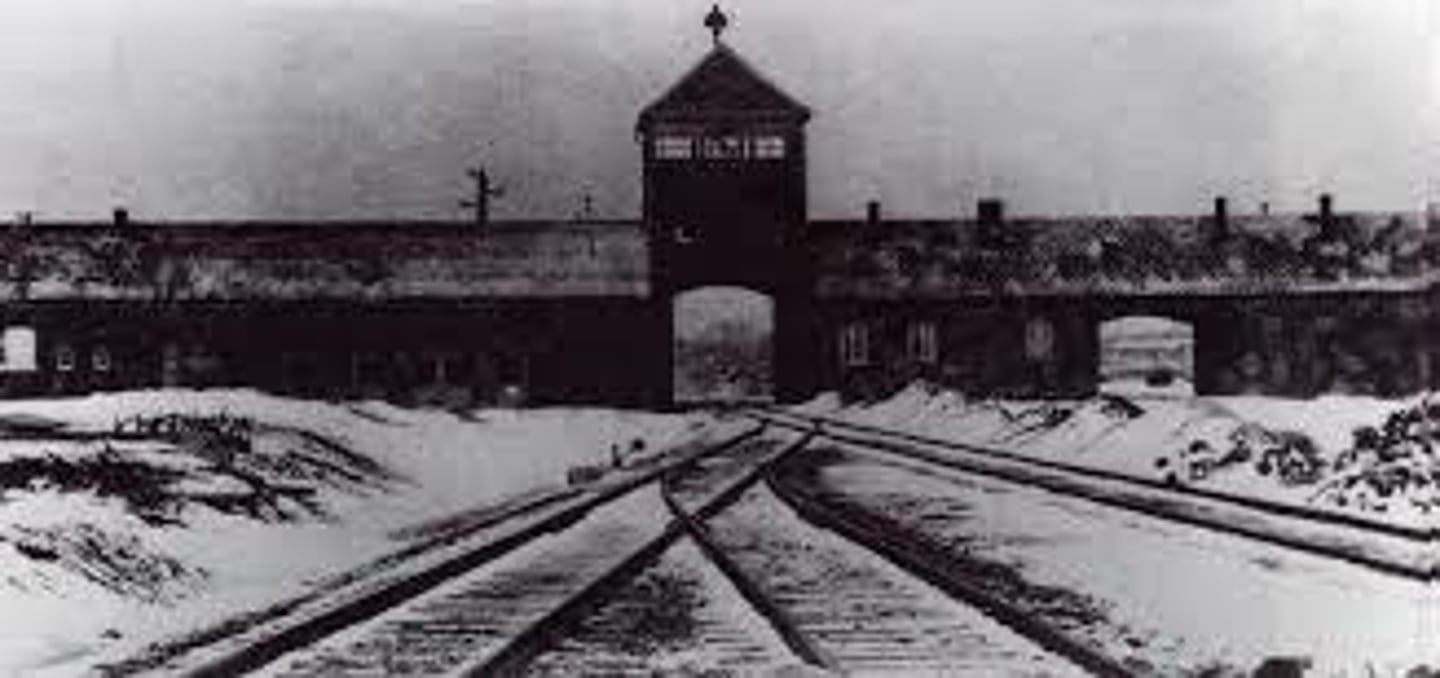
Nuremberg Laws
racist laws enacted in Nazi Germany in 1935 that stripped Jews of citizenship and banned intermarriage with non-Jews.
Imperialism
a policy in which a strong nation seeks to dominate other countries politically, economically, or militarily, often leading to colonization and exploitation.
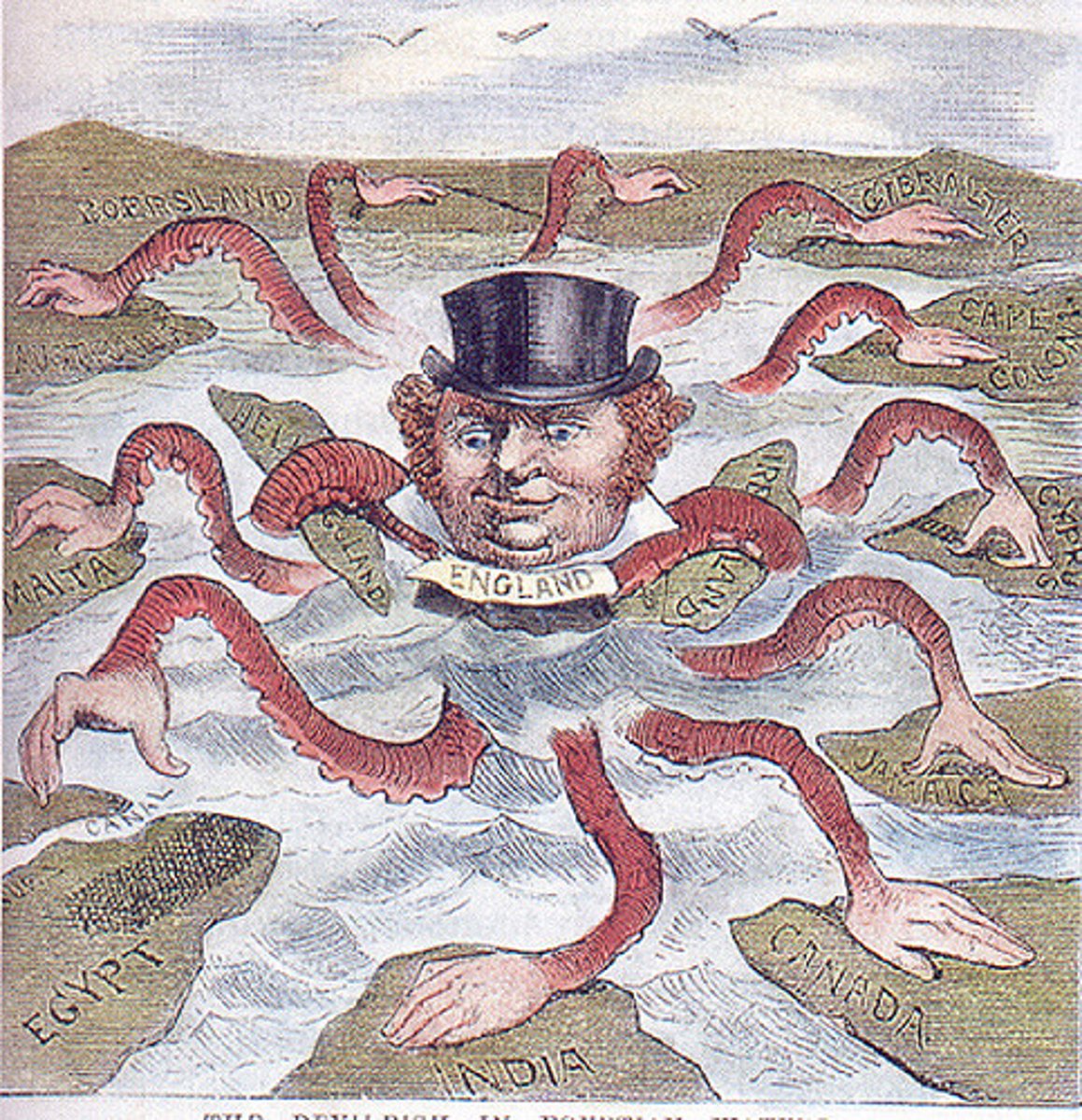
Industrialism
an economic system built on large-scale industries, mass production, and mechanization, which fueled imperialism and transformed societies.
Universe of obligation
a sociological concept referring to the circle of individuals and groups a person or society feels responsible to protect and care for.
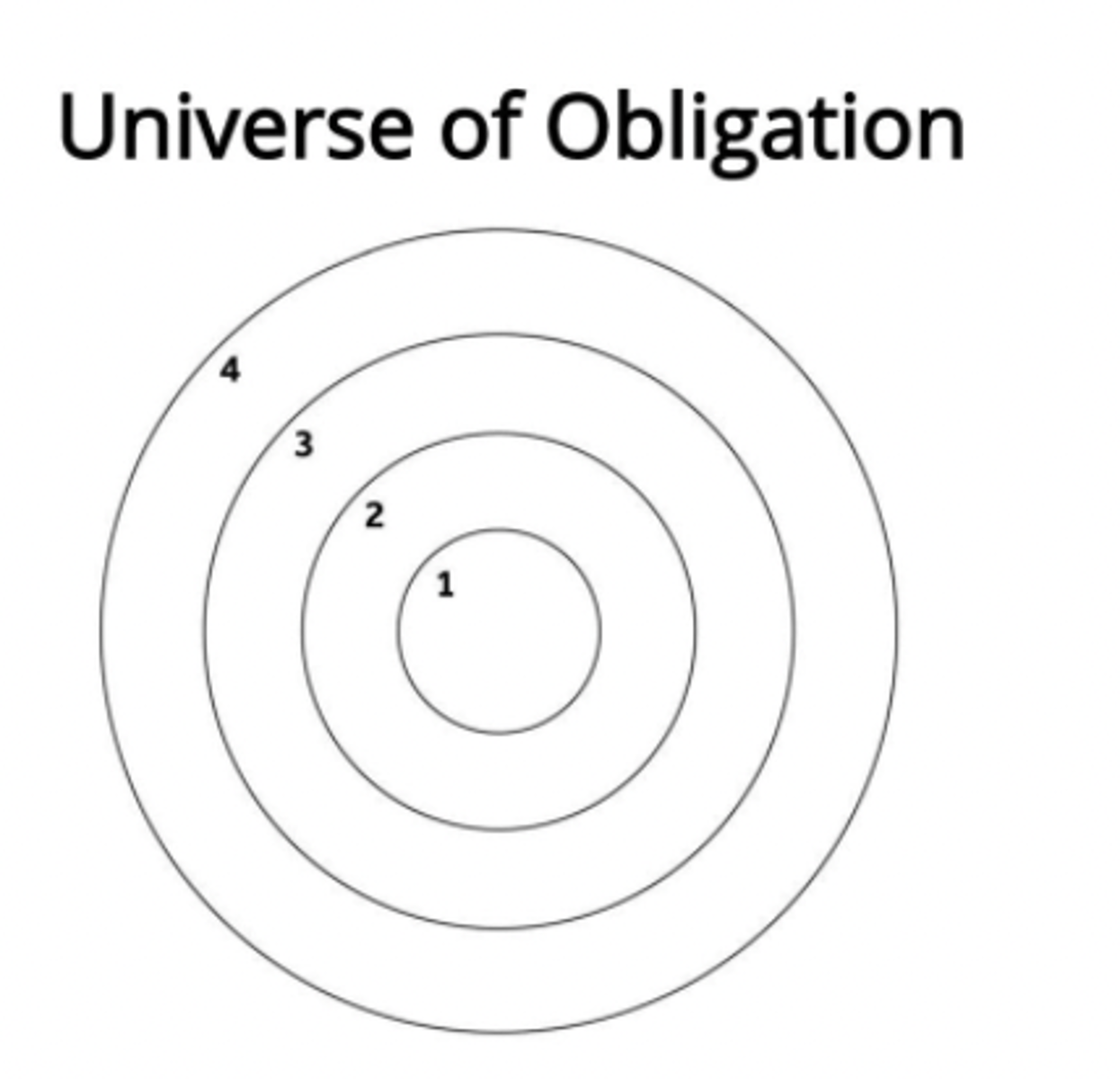
Genocide
the intentional and systematic destruction of a national, ethnic, racial, or religious group.
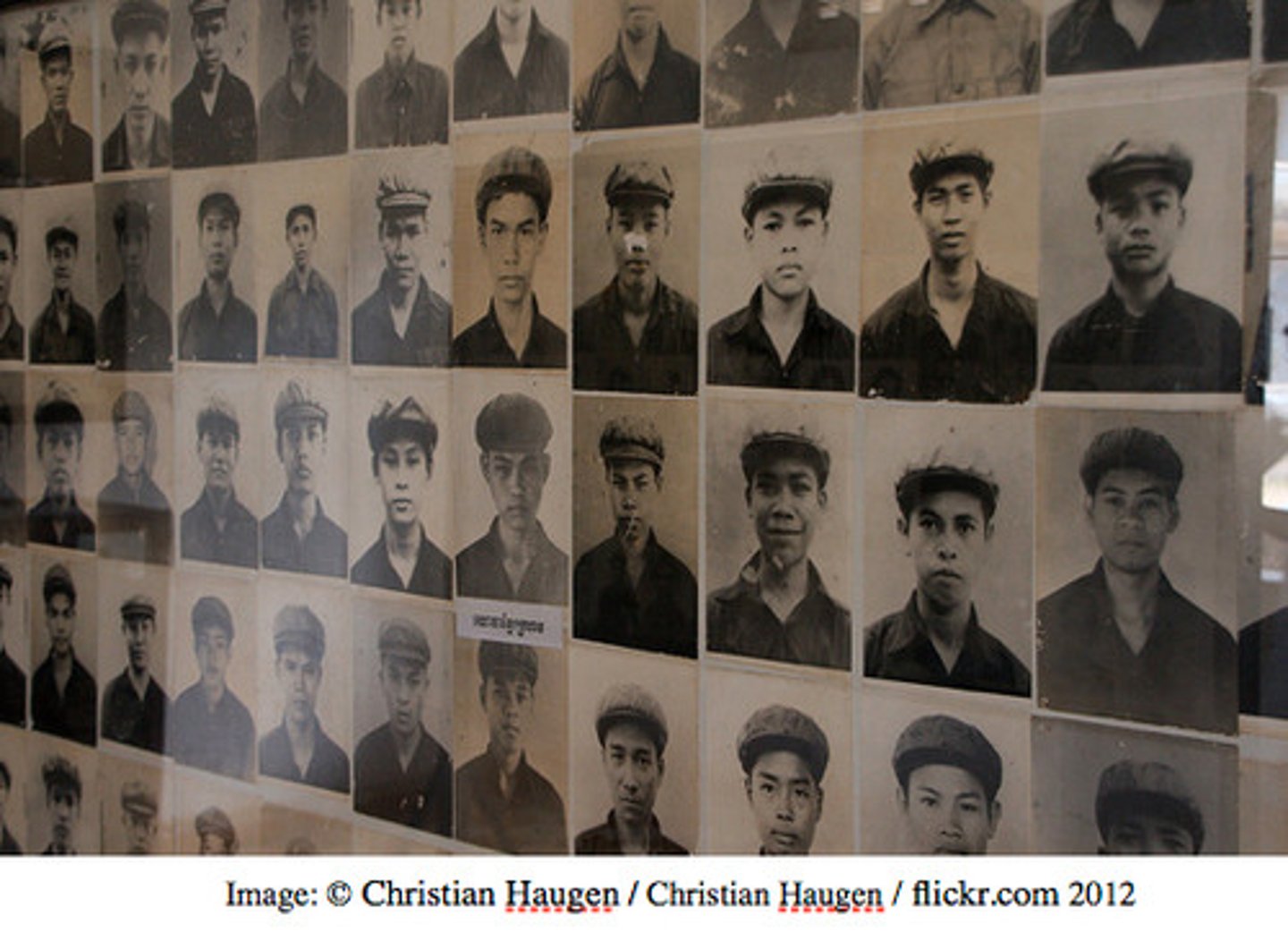
Propaganda
biased or misleading information used to influence public opinion, often employed by governments during war or conflict to maintain support and dehumanize the enemy.
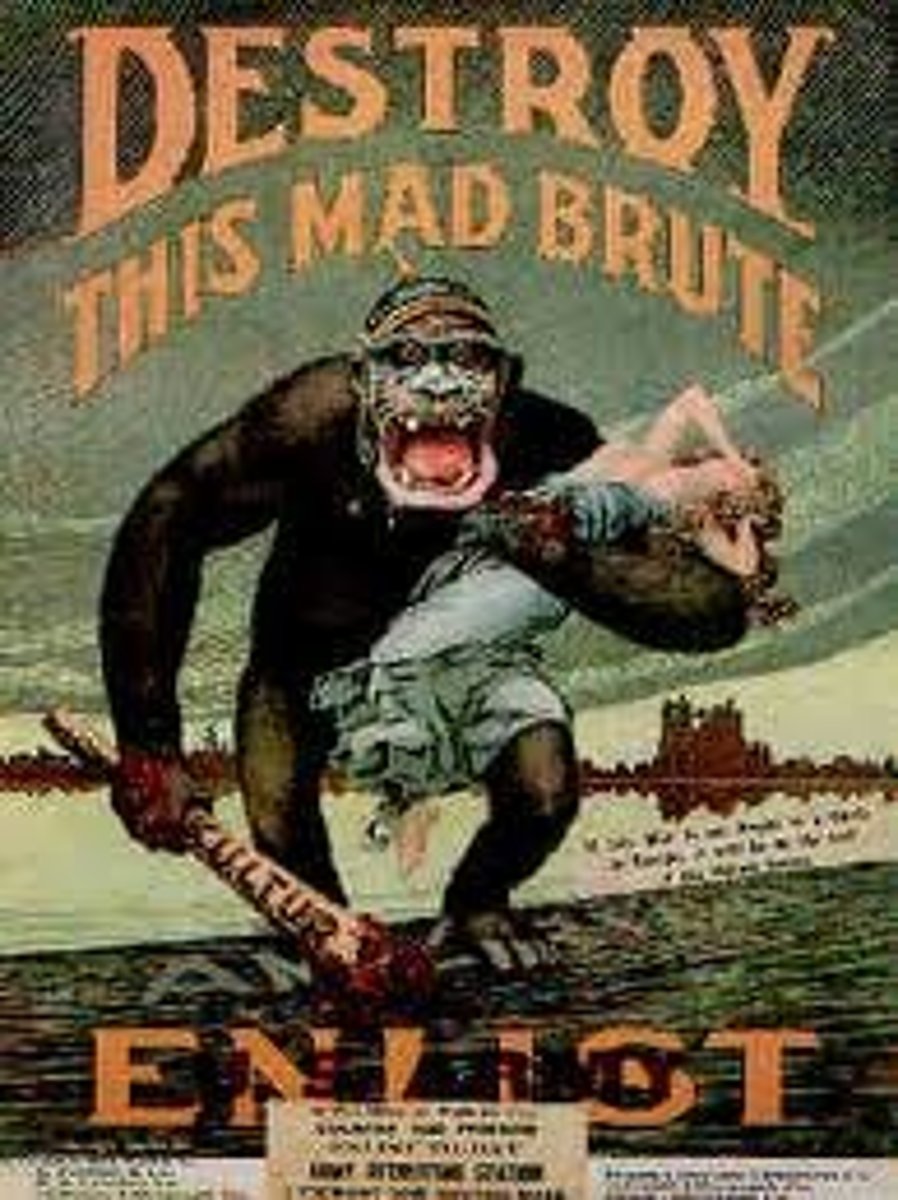
Nationalism
a strong sense of pride and loyalty to one's nation, which can unify a country but also contribute to exclusion, conflict, and war.
Total War
a type of warfare in which all of a nation's resources, industries, and civilians are mobilized for the war effort, blurring the line between soldiers and civilians.
Militarization
the process of building up a strong military and placing it at the center of national policy, often in preparation for or anticipation of conflict.
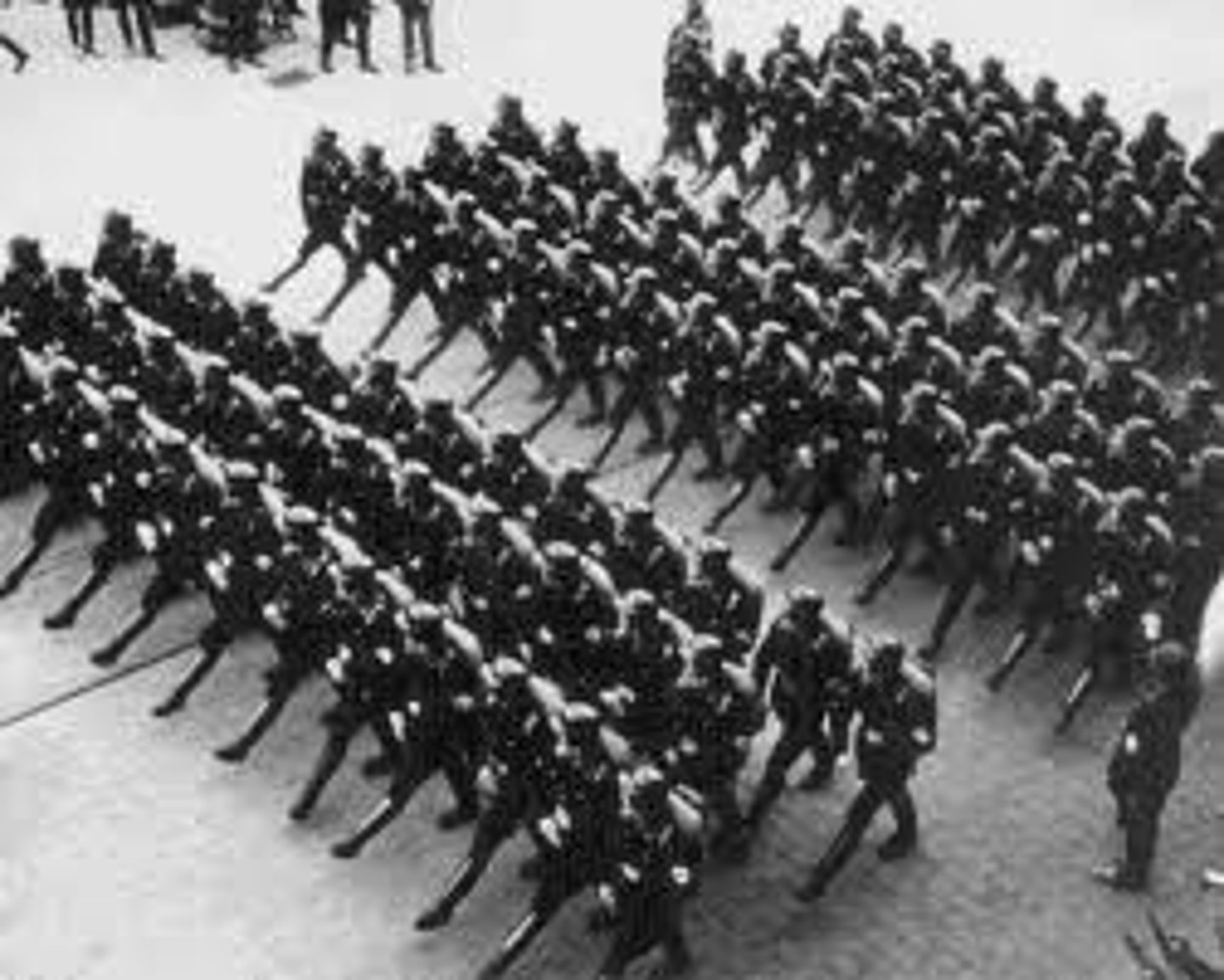
Dehumanization
the process of depriving a person or group of human qualities, often used in propaganda to justify violence or oppression.
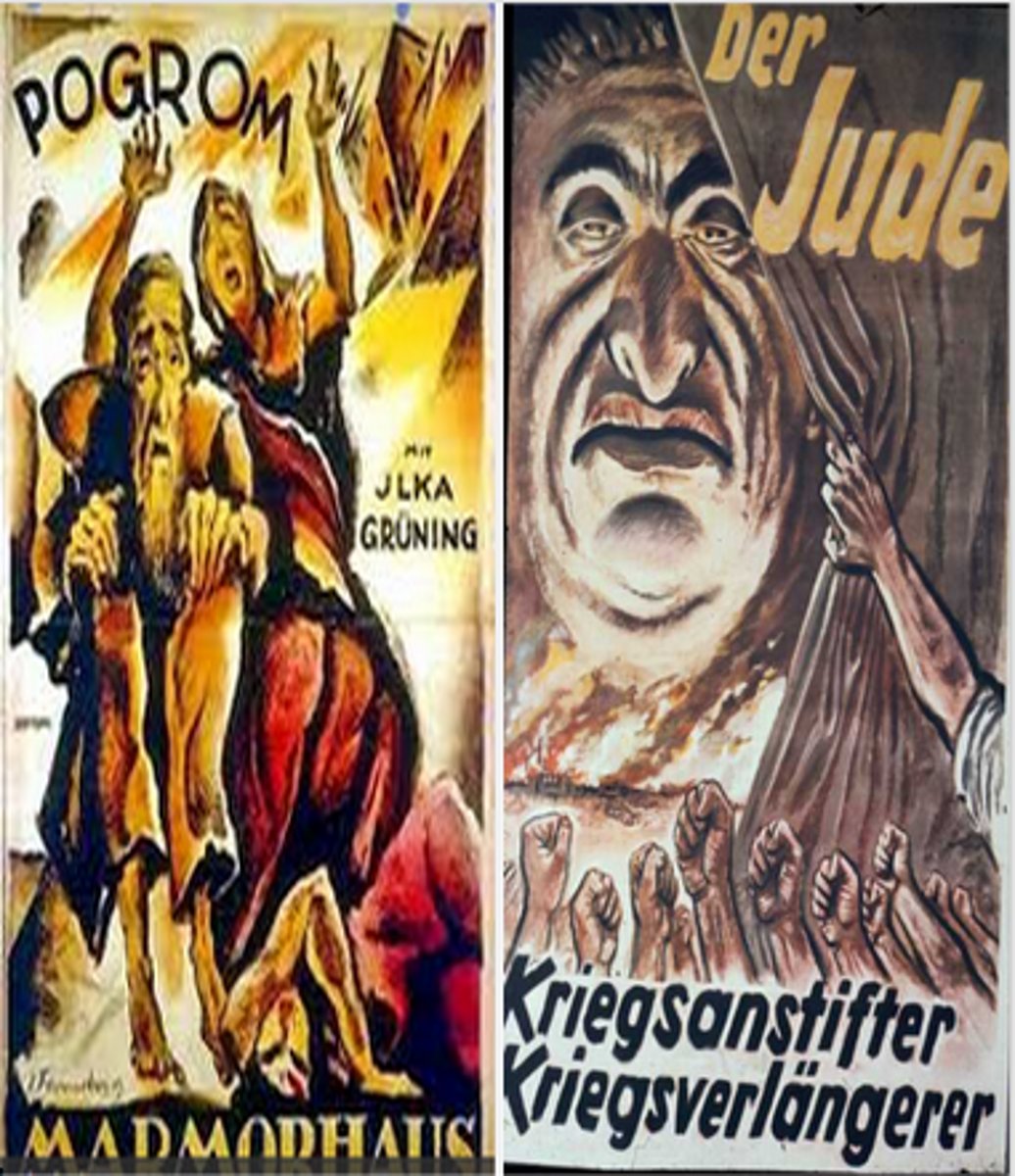
Bystanders
individuals or groups who witness injustice or violence but do not take action to intervene or help the victims.
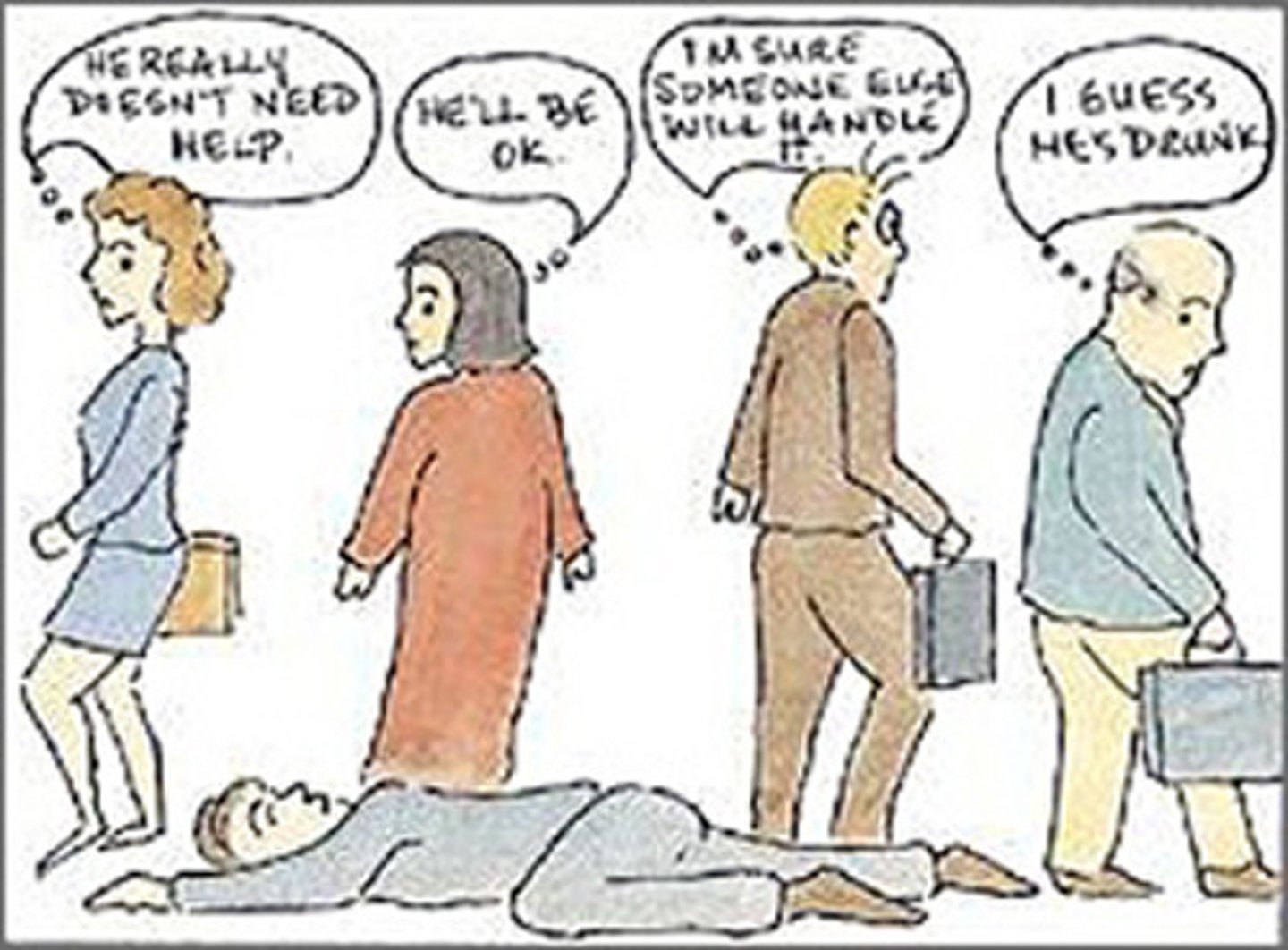
Rescuers/Resister
people who actively oppose injustice or persecution, often at great personal risk; rescuers help victims, while resisters confront the system or perpetrators.
Target/Victim
individuals or groups who are singled out for discrimination, violence, or persecution based on identity, beliefs, or circumstances.

Collaborators
individuals or groups who assist or support perpetrators in carrying out oppression, violence, or genocide, often for personal gain or survival.
classification
All cultures have categories to distinguish people into "us and them" by ethnicity, race, religion, or nationality: German and Jew, Hutu and Tutsi. If societies are too segregated (divided) they are more likely to have genocide.
symbolization
One of the steps always present in a genocide. We give names or other symbols to the classifications of ethnicity, race, religion, or nationality. Classification and symbolization are universally human and do not necessarily result in genocide unless they lead to the stage of dehumanization. When combined with hatred, symbols may be forced upon unwilling members of minority groups: the yellow star for Jews under Nazi rule, the blue scarf for people from the Eastern Zone in Khmer Rouge Cambodia.
discrimination
One of the steps always present in a genocide. A dominant group uses law, custom, and political power to deny the rights of other groups. The powerless group may not be given full civil rights or even citizenship.
organization
One of the steps always present in a genocide. Genocide is always organized, usually by the state, though sometimes informally or by terrorist groups. Special army units or militias are often trained and armed. Plans are made for genocidal killings.
polarization
One of the steps always present in a genocide. Extremists drive the groups apart. Hate groups broadcast polarizing propaganda. Laws may forbid intermarriage or social interaction. Extremist terrorism targets moderates, intimidating and silencing the center.
preparation
One of the steps always present in a genocide. National or perpetrator group leaders plan. They often use euphemisms to cloak their intentions, such as referring to their goals as "ethnic cleansing," "purification," or "counter-terrorism." They build armies, buy weapons and train their troops and militias. They indoctrinate the populace with fear of the victim group. Leaders often claim, "If we don't kill them, they will kill us."
persecution
One of the steps always present in a genocide. Victims are identified and separated out because of their ethnic or religious identity. Death lists are drawn up. In state-sponsored genocide, members of victim groups may be forced to wear identifying symbols. Their property is often confiscated. Sometimes, they are even segregated into ghettoes, deported into concentration camps, or confined to a famine-struck region and starved. Genocidal massacres begin.
"extermination"
One of the steps always present in a genocide. Extermination begins, and quickly becomes the mass killing legally called "genocide." It is "extermination" to the killers because they do not believe their victims to be fully human. When it is sponsored by the state, the armed forces often work with militias to do the killing.
denial
Denial is the last stage that always follows genocide. It is among the surest indicators of further genocidal massacres. The perpetrators of genocide dig up the mass graves, burn the bodies, try to cover up the evidence and intimidate the witnesses. They deny that they committed any crimes, and often blame what happened on the victims. They block investigations of the crimes, and often continue to govern until driven from power by force, when they flee into exile.
Great Depression
A severe worldwide economic crisis that began in 1929 and lasted through much of the 1930s. It was marked by widespread unemployment, bank failures, business closures, and a sharp decline in global trade and industrial production. It started in the United States after the stock market crash of October 1929 and quickly spread to other countries.
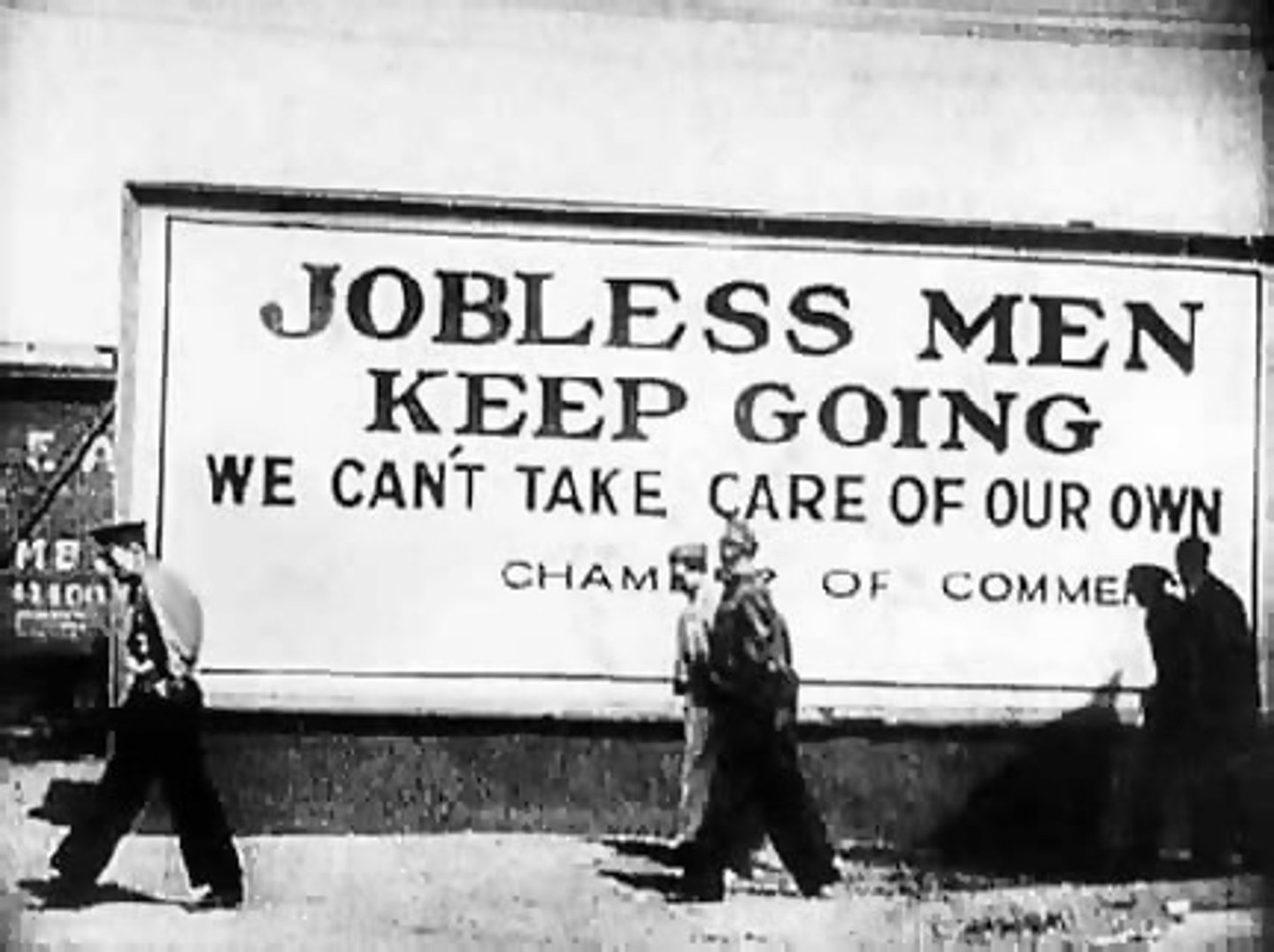
ideology
a system of social or political ideas
MANIA
An acronym representing the main causes of WWI: militarism, alliances, nationalism, imperialism, and the assassination of Archduke Ferdinand
14 Points
Woodrow Wilson's peace plan, set out before war ended. Points included: people all over the world are to determine their own fate in partnership with the country who colonized them, free trade, no secret pacts, freedom of the seas, arms reduction, creation of world organization/League of Nations.
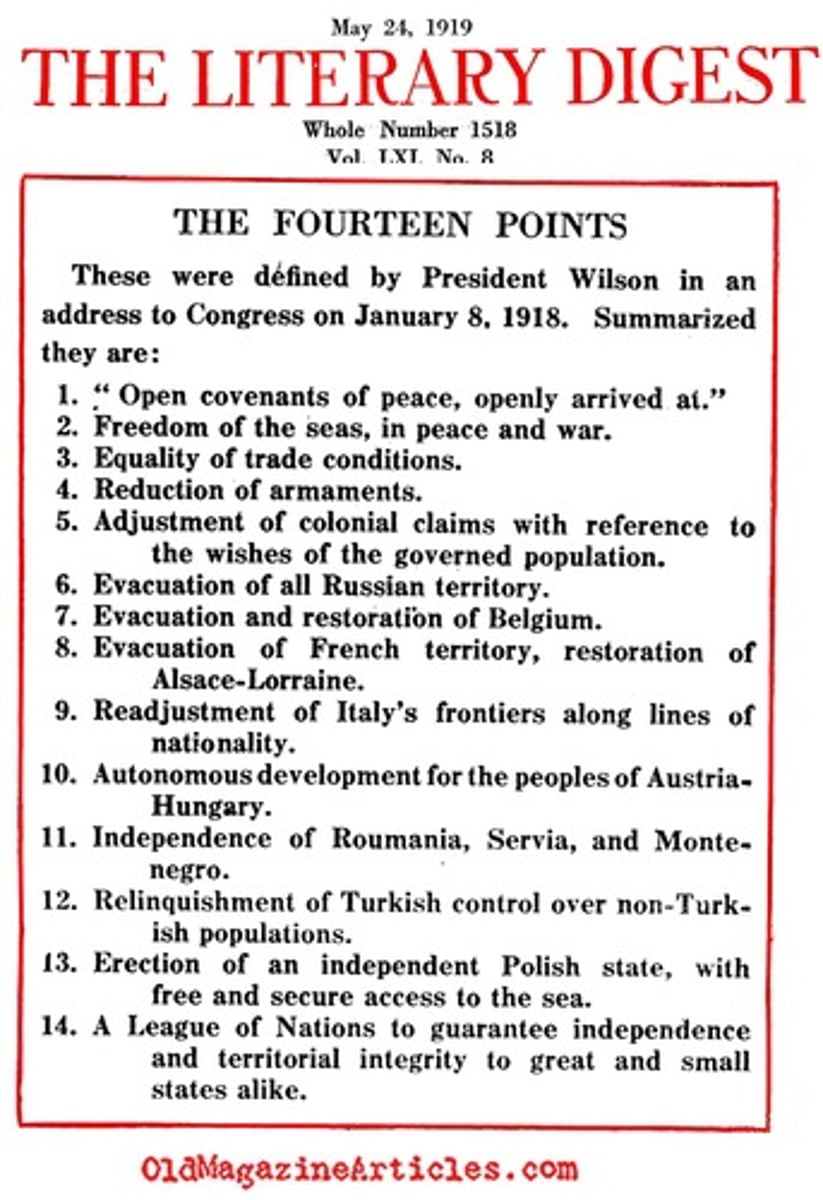
deportation
forcing someone to leave a country; expulsion
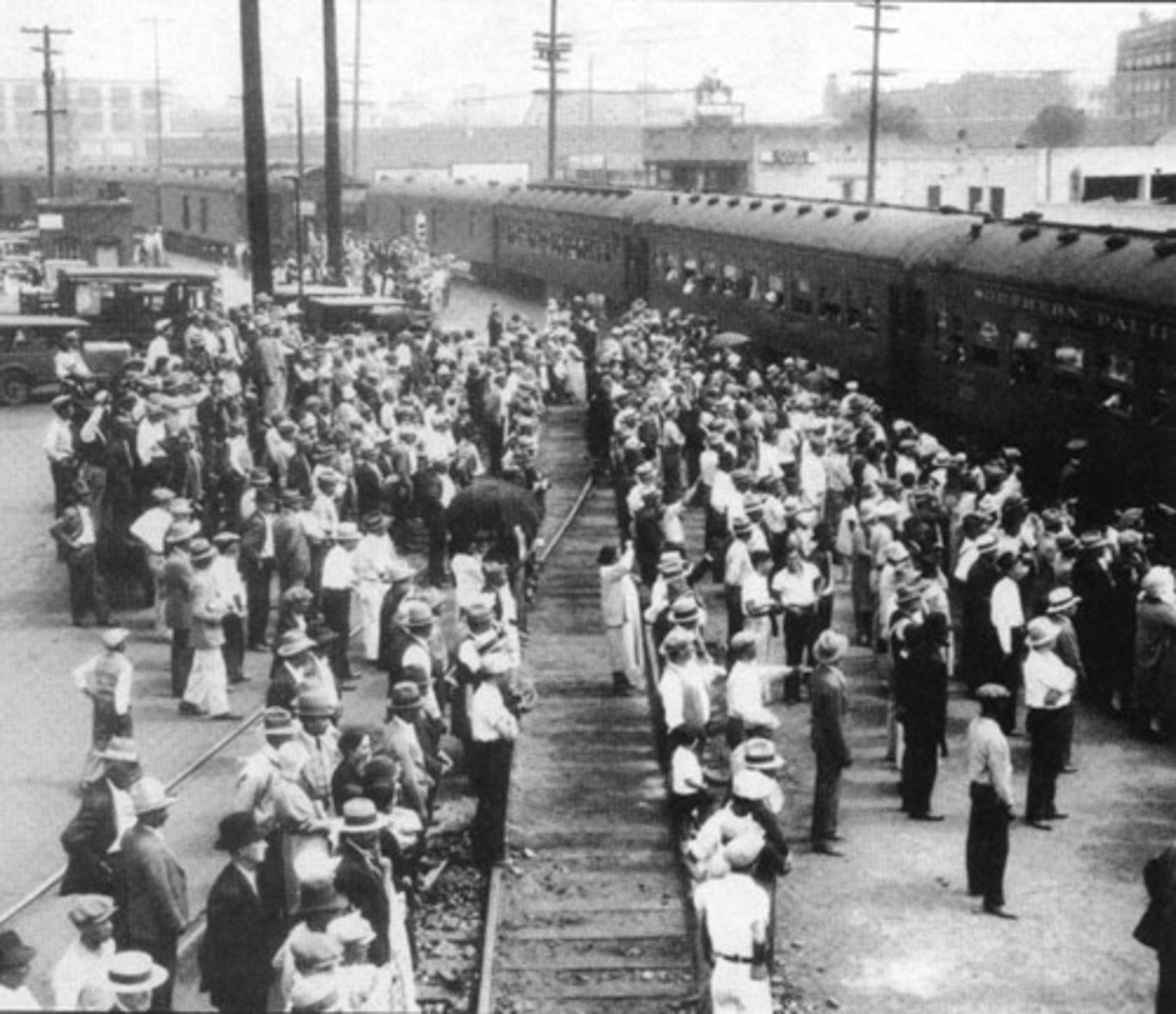
humanitarian aid
Humanitarian aid is help given to people in need during emergencies like natural disasters, wars, or famines. It includes food, water, shelter, medical care, and other basic necessities, and is meant to save lives, relieve suffering, and maintain human dignity.
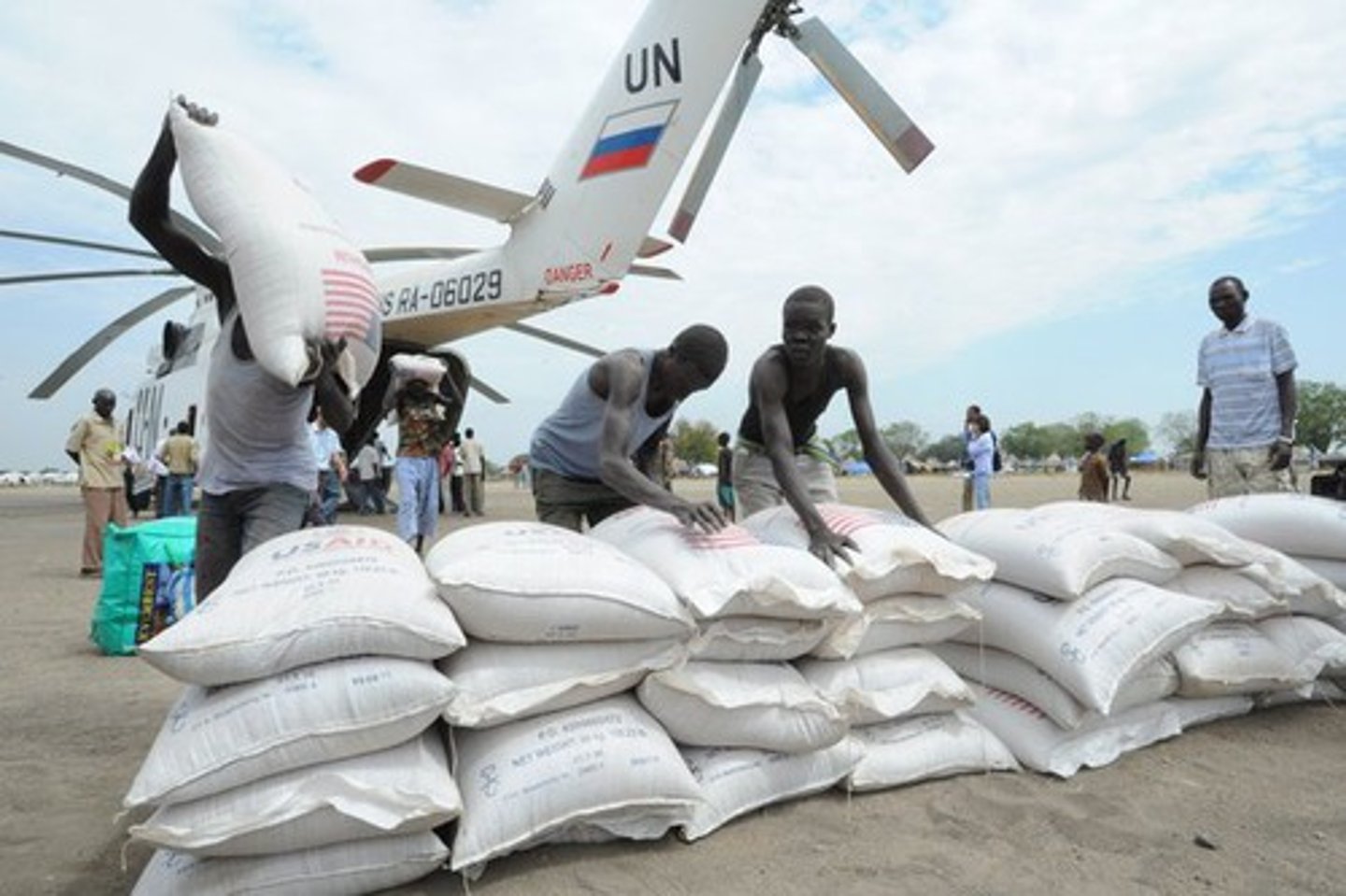
Pan-African Congress
a series of meetings held to promote the rights, unity, and independence of people of African descent worldwide. Began in 1919 and brought together delegates from Africa, the Caribbean, the United States, and Europe to discuss colonialism, racism, and self-determination.
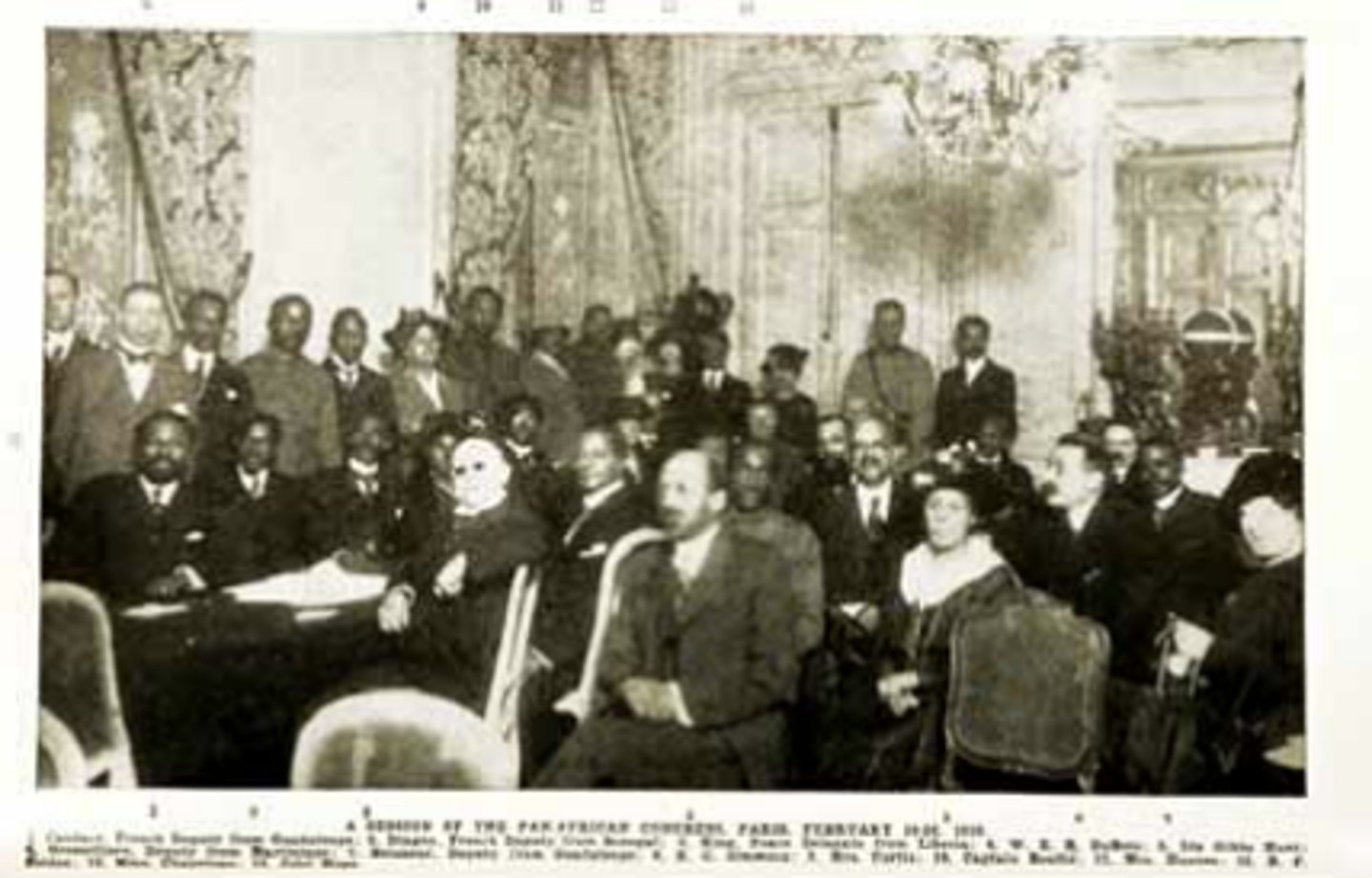
Ho Chi Minh Letter to US Secretary of State Robert Lansing
Ho Chi Minh's letter to U.S. Secretary of State Robert Lansing, written in 1919, was a request for support from the United States for Vietnam's independence from French colonial rule. Writing under the name Nguyen Ai Quoc, Ho Chi Minh appealed to the principles of self-determination promoted by U.S. President Woodrow Wilson after World War I. He hoped the U.S. would back Vietnamese demands for political and civil rights.
dissolution
Nations breaking up or dissolving into parts; disintegration.
destabilization
Creating economic, political or social unrest
exemplify
to serve as a good example
authoritarian
A government in which one leader or group of people holds absolute power
ultimatum
final set of demands
isolationism
A national policy of avoiding involvement in world affairs
pacification
Attempt to create or maintain peace
self-determination
the right of people to choose their own form of government
Yalta Conference
1945 Meeting with US president FDR, British Prime Minister(PM) Winston Churchill, and and Soviet Leader Stalin during WWII to plan for post-war
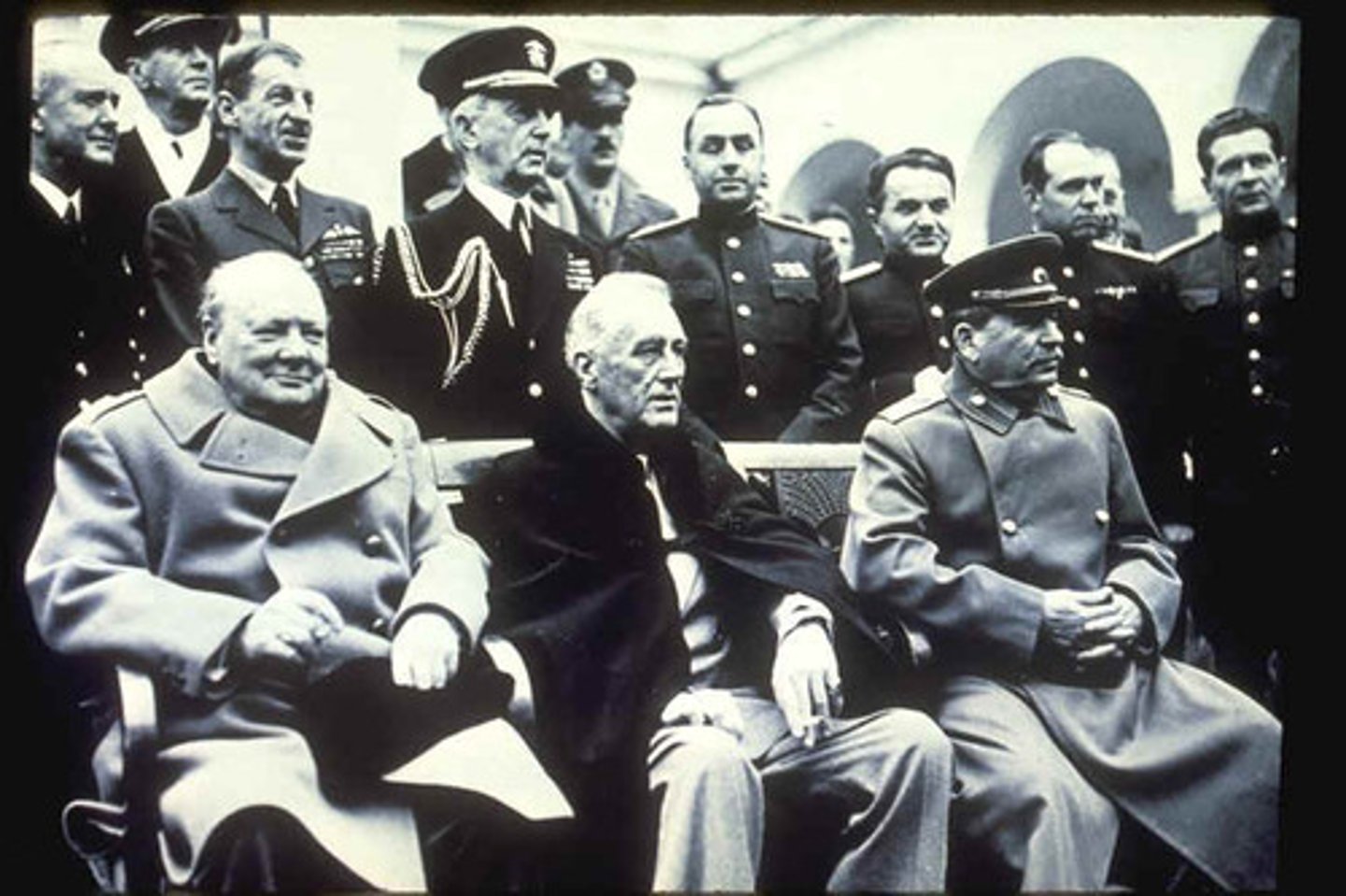
Arguments in support of using the atomic bomb in WWII
1. To end the war quickly: Supporters believed the bomb would force Japan to surrender and avoid a long, bloody invasion.
2. To save lives: It was argued that dropping the bomb would ultimately save both American and Japanese lives by preventing more combat.
3. To demonstrate U.S. power: Using the bomb sent a strong message to the world—especially the Soviet Union—about U.S. military strength.
4. Retaliation for Pearl Harbor and war crimes: Some saw it as justified due to Japan's attacks and treatment of prisoners and civilians.
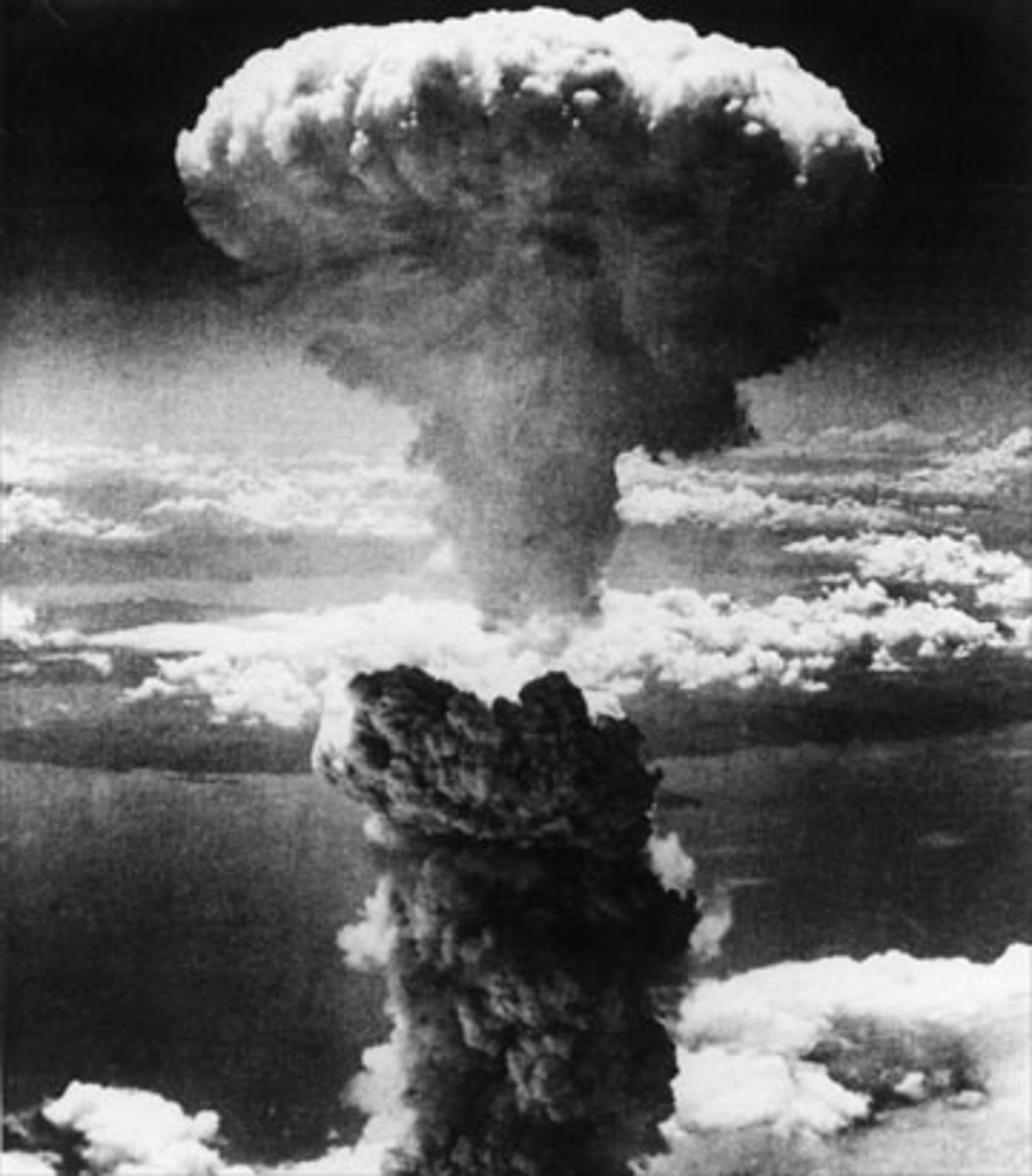
Arguments against using the atomic bomb in WWII
1. Mass civilian casualties: Critics argued that targeting cities caused unnecessary suffering and death among non-combatants.
2. Japan was already close to surrendering: Some historians and officials believed Japan was on the verge of surrender and that the bomb wasn't necessary.
3. Moral concerns: The use of such a devastating weapon raised ethical questions about targeting civilians and the long-term effects of radiation.
